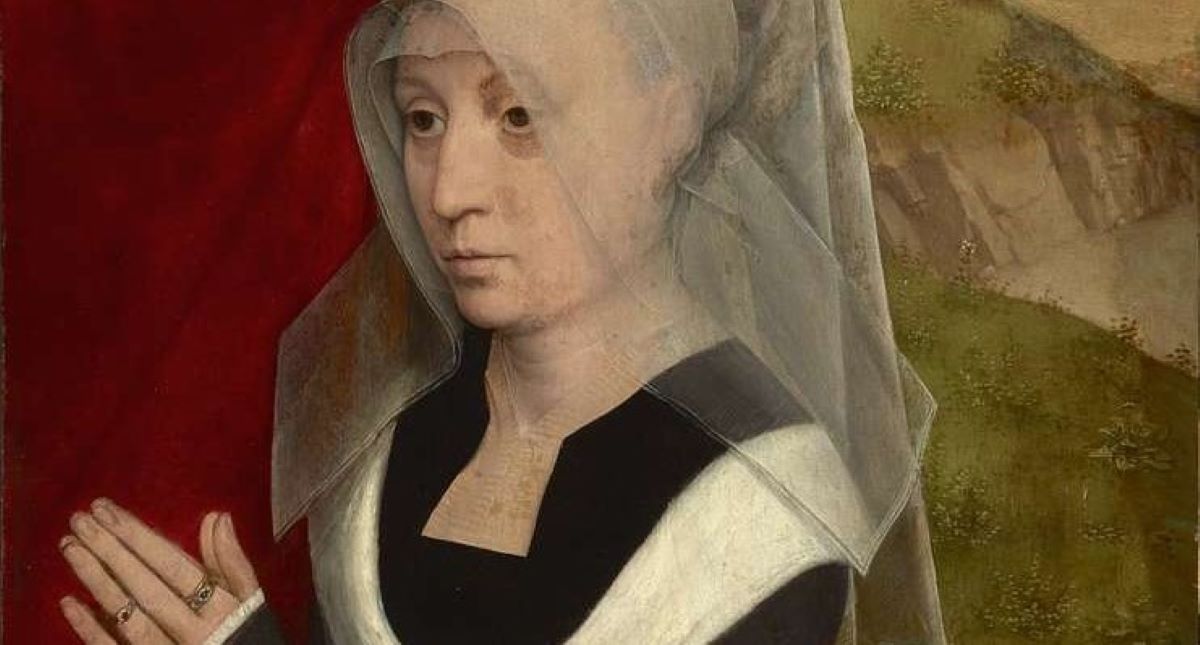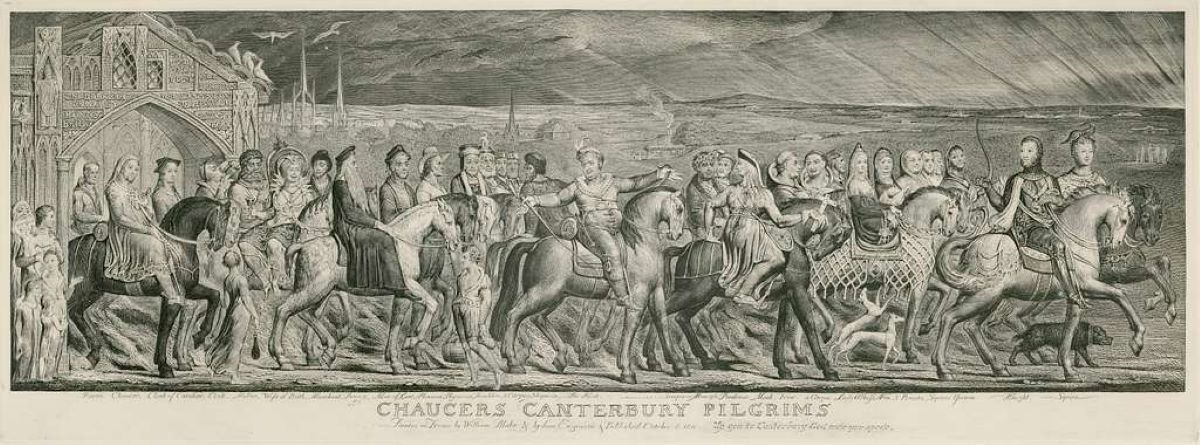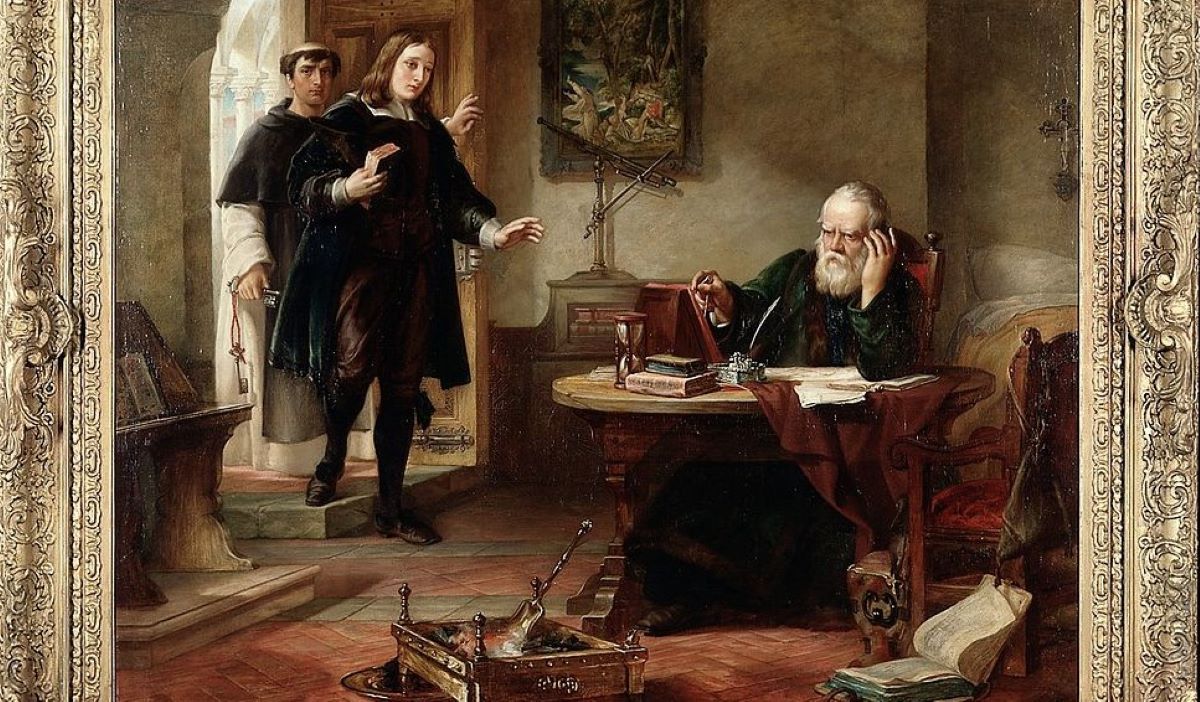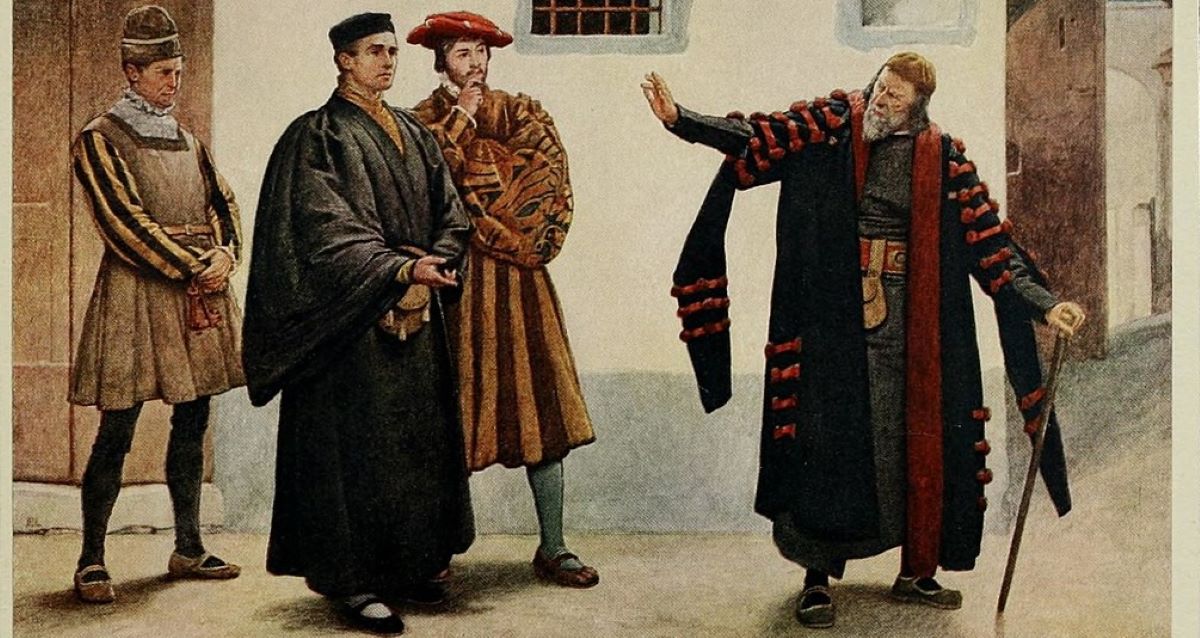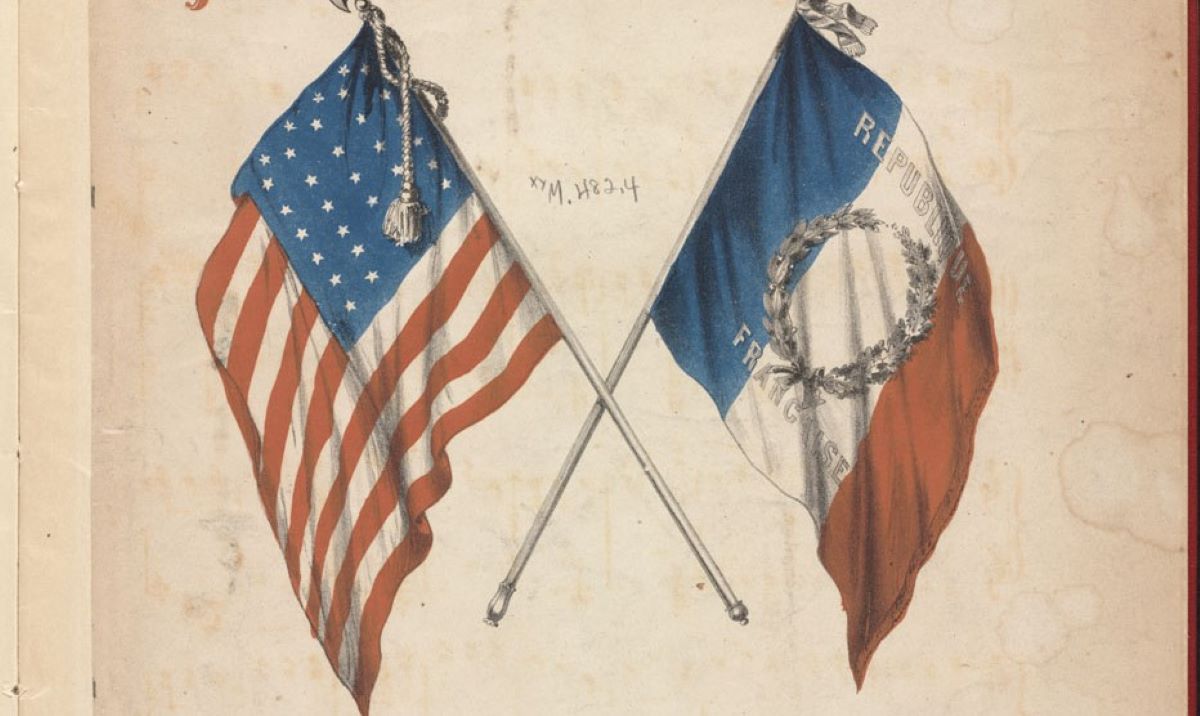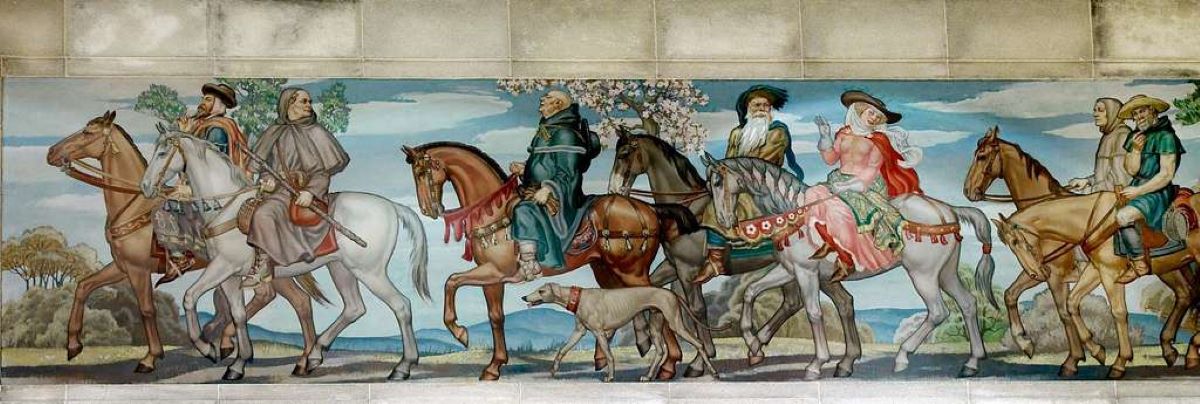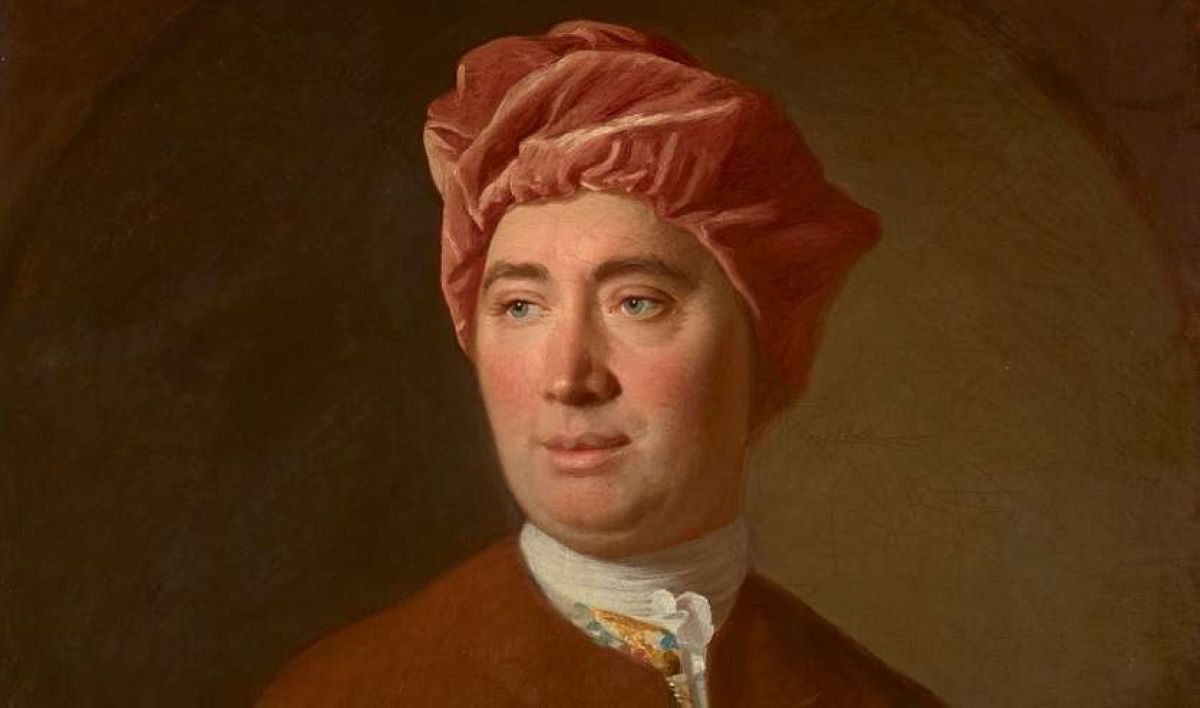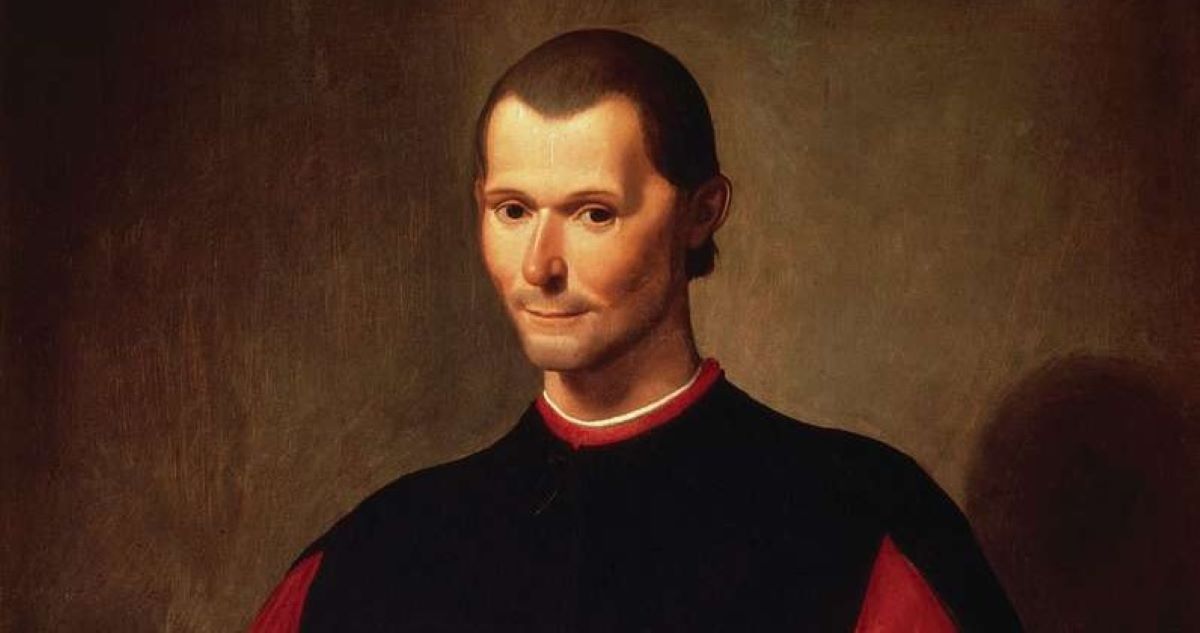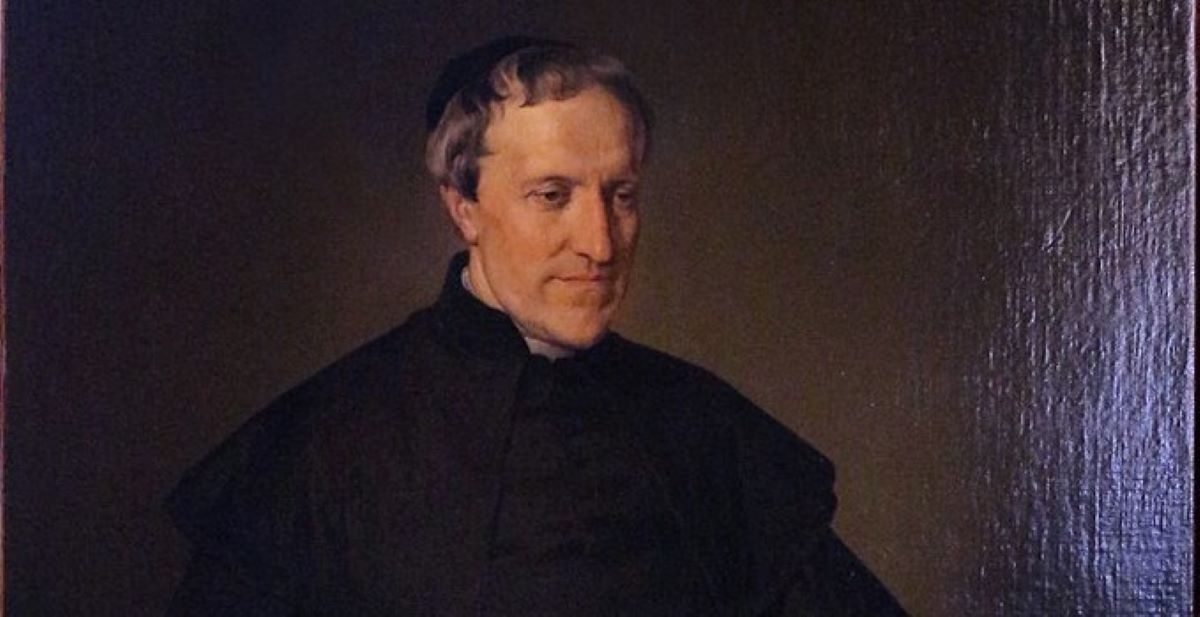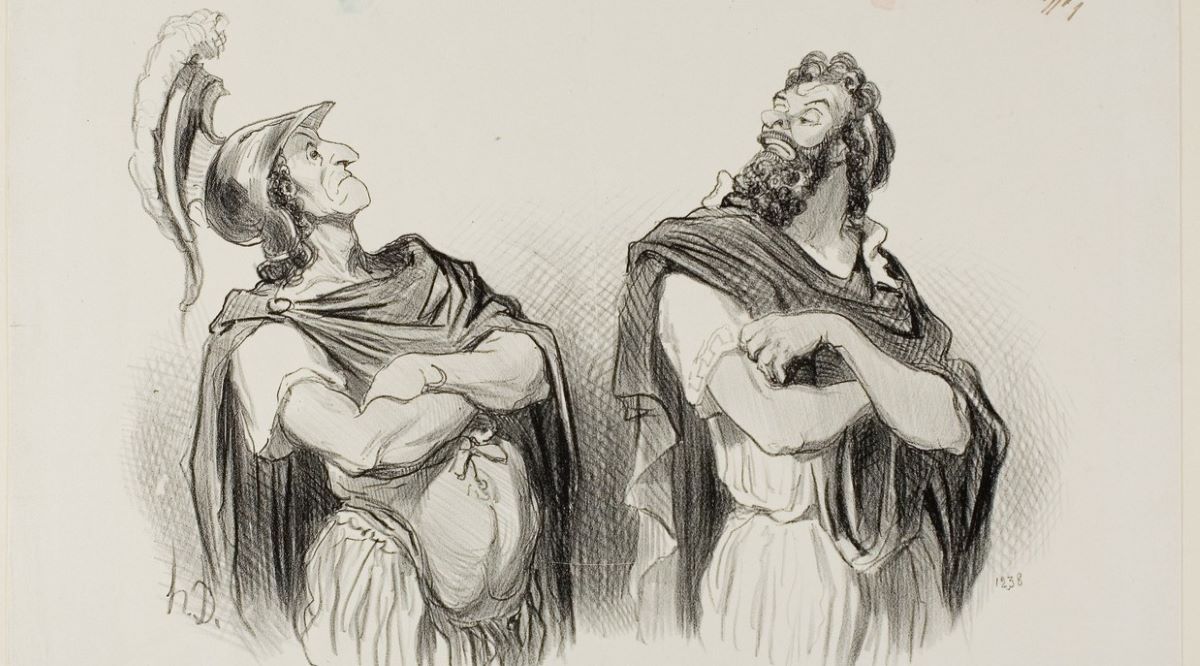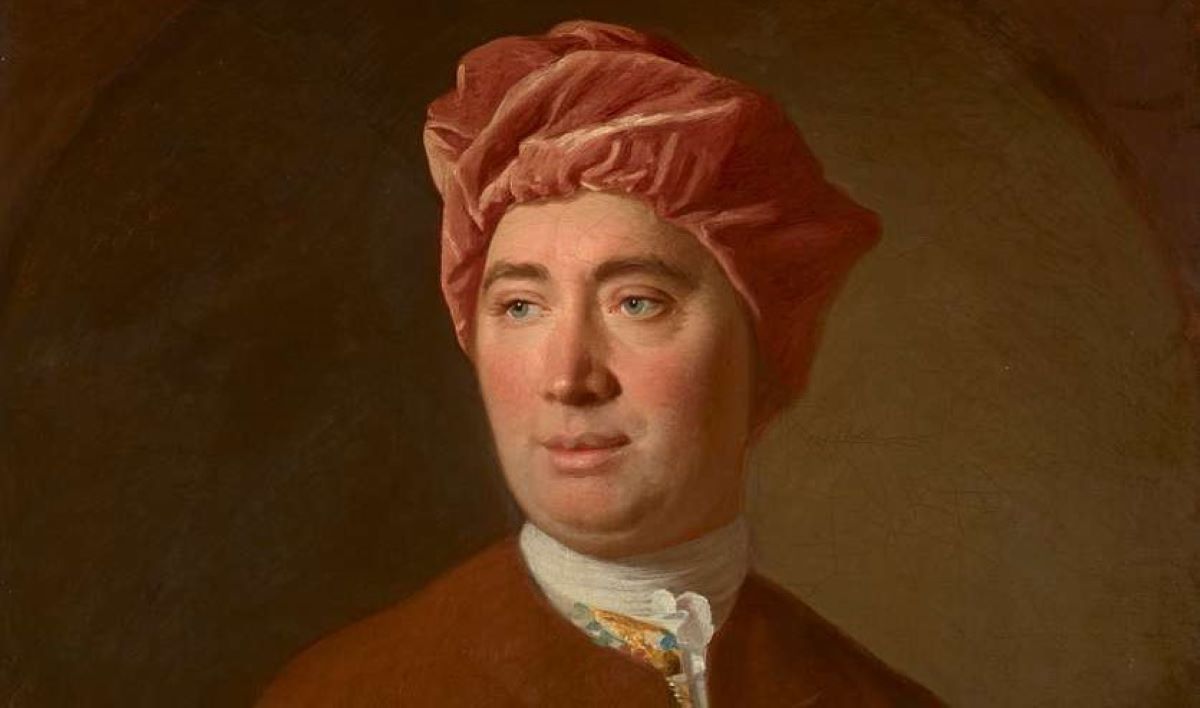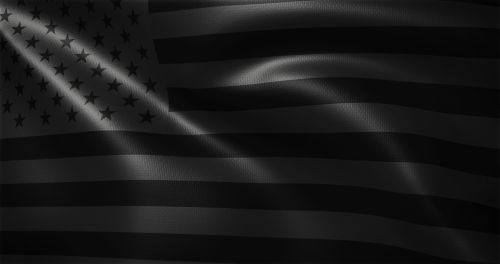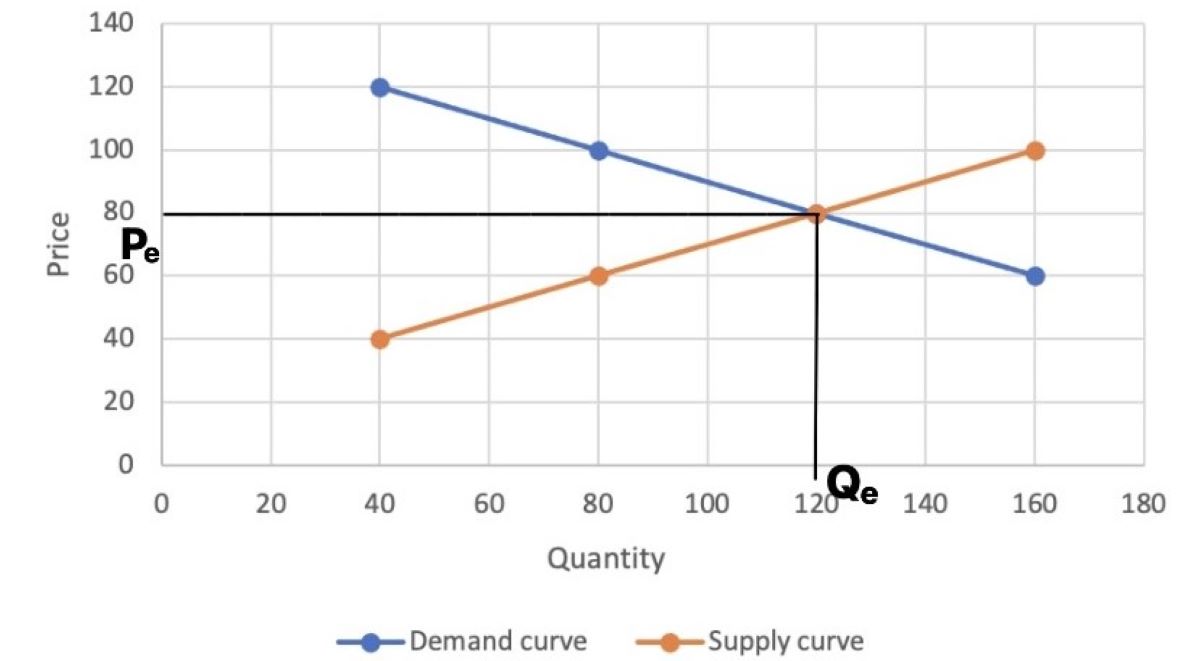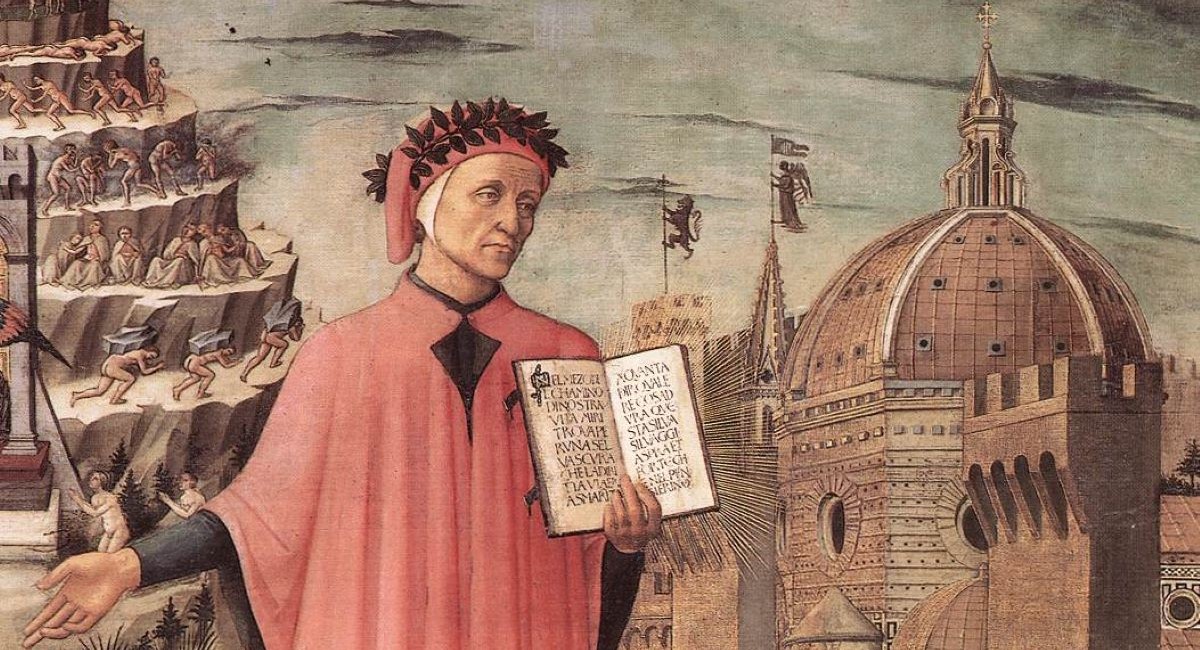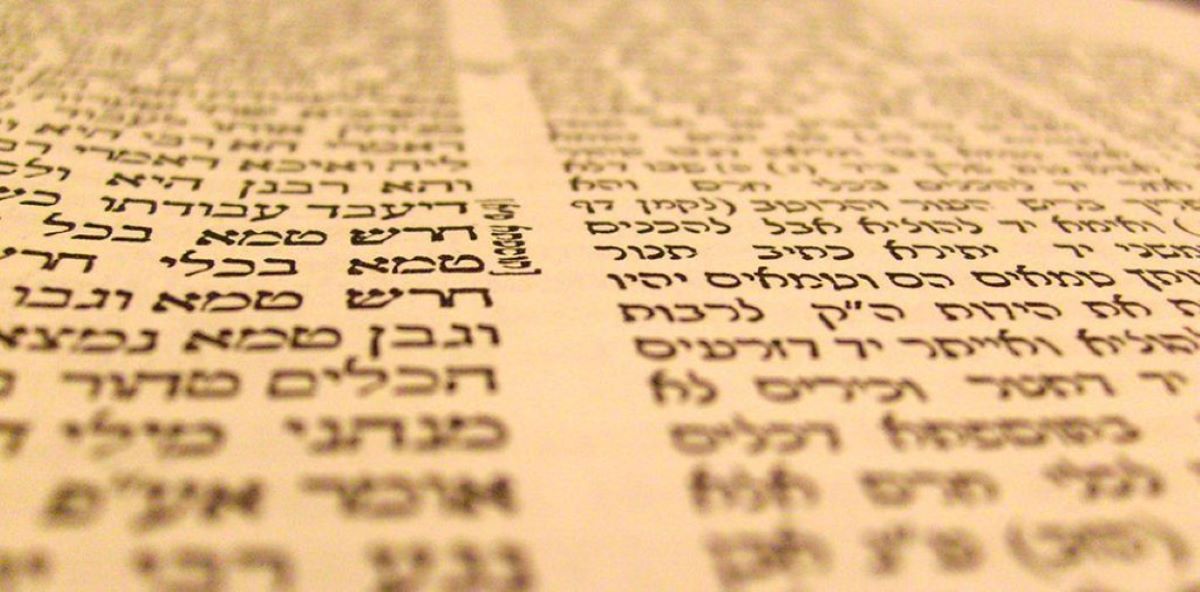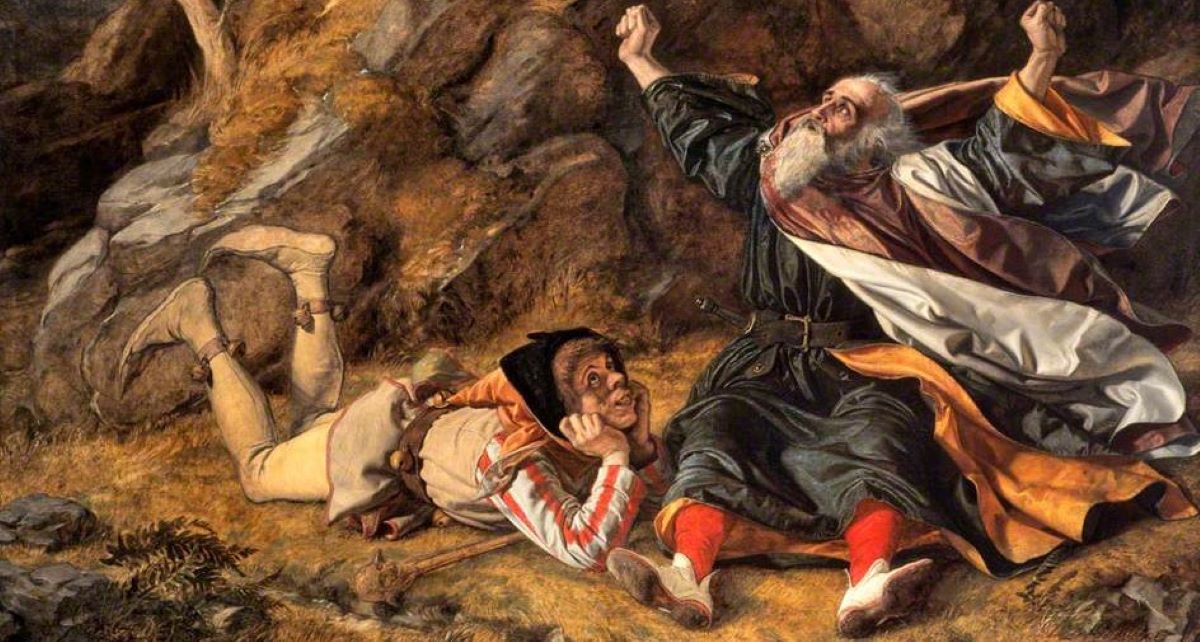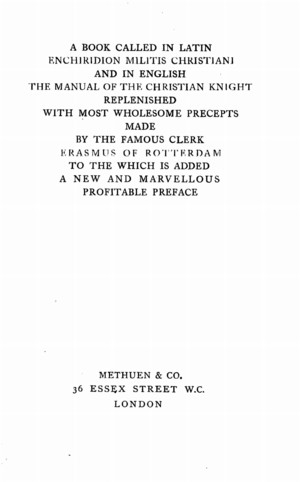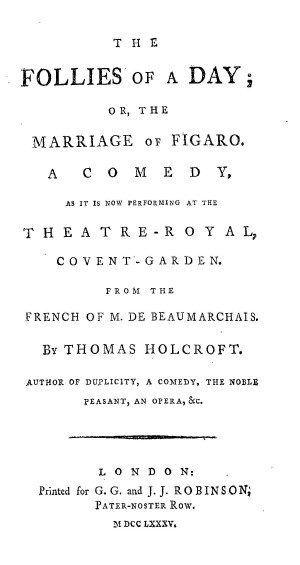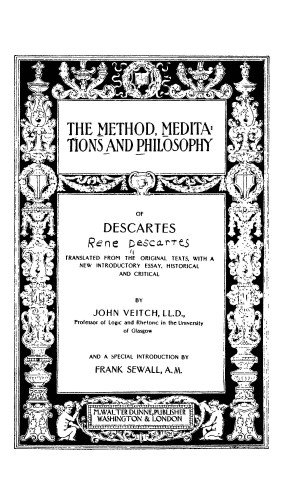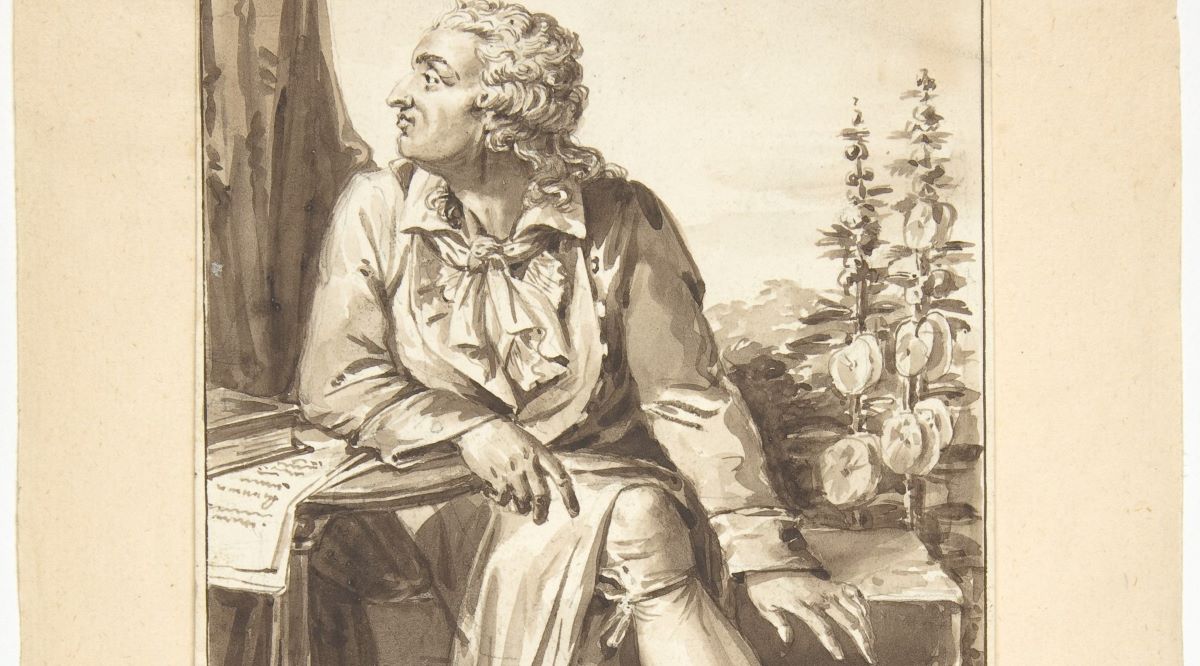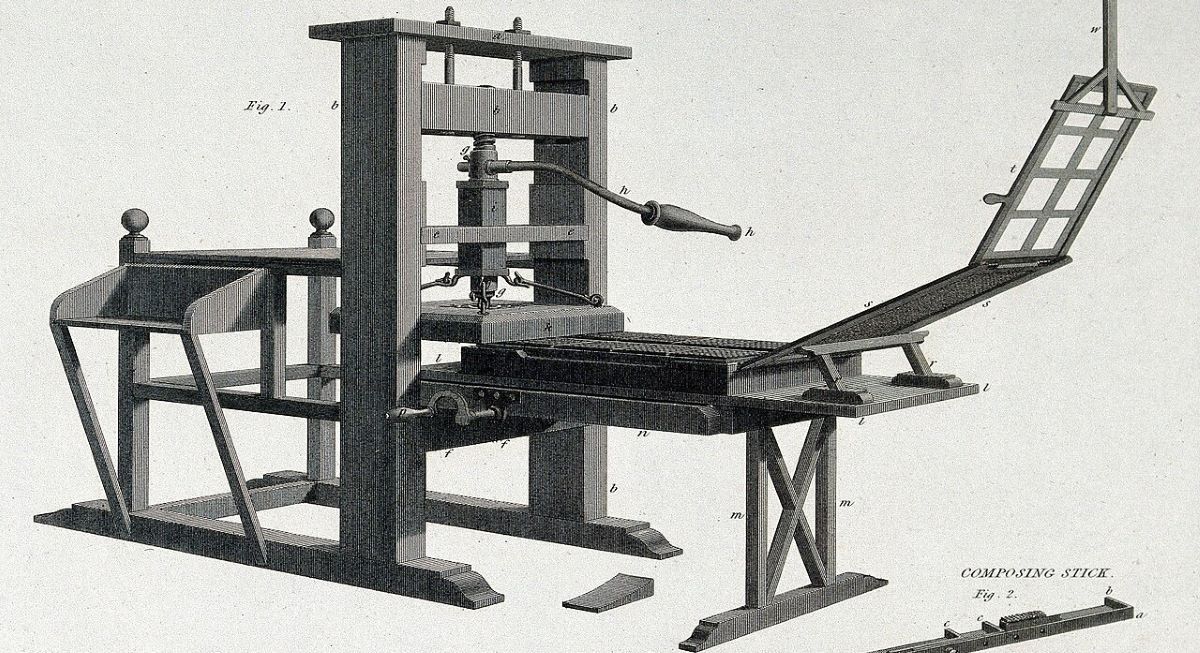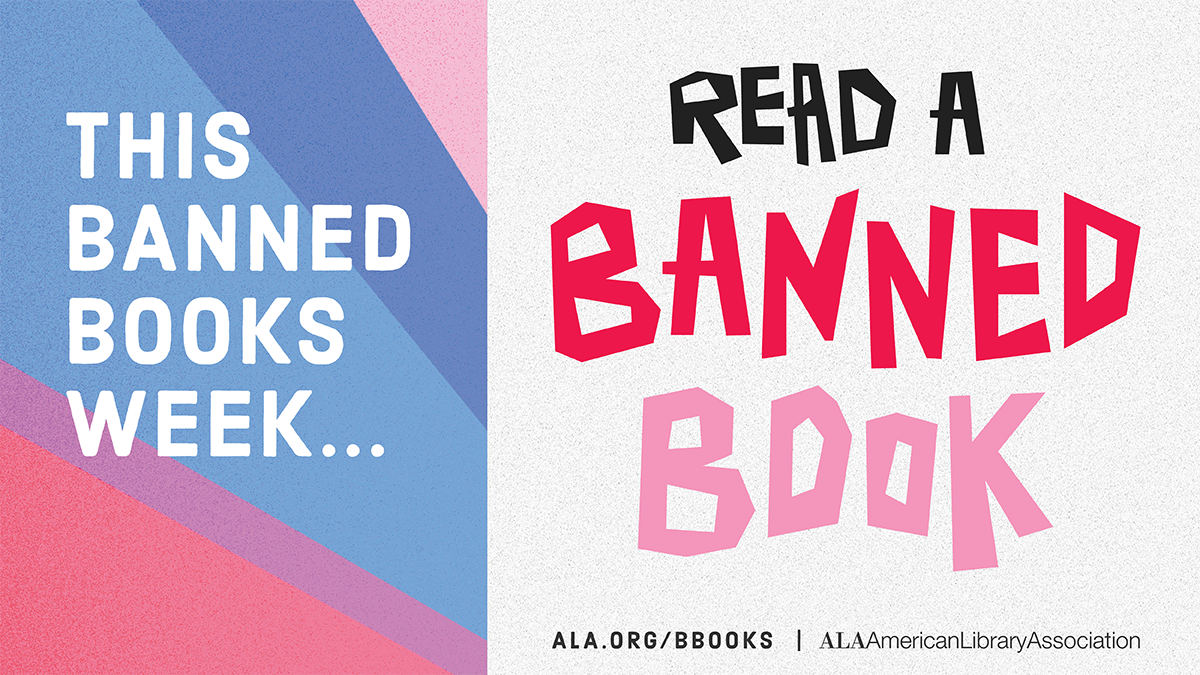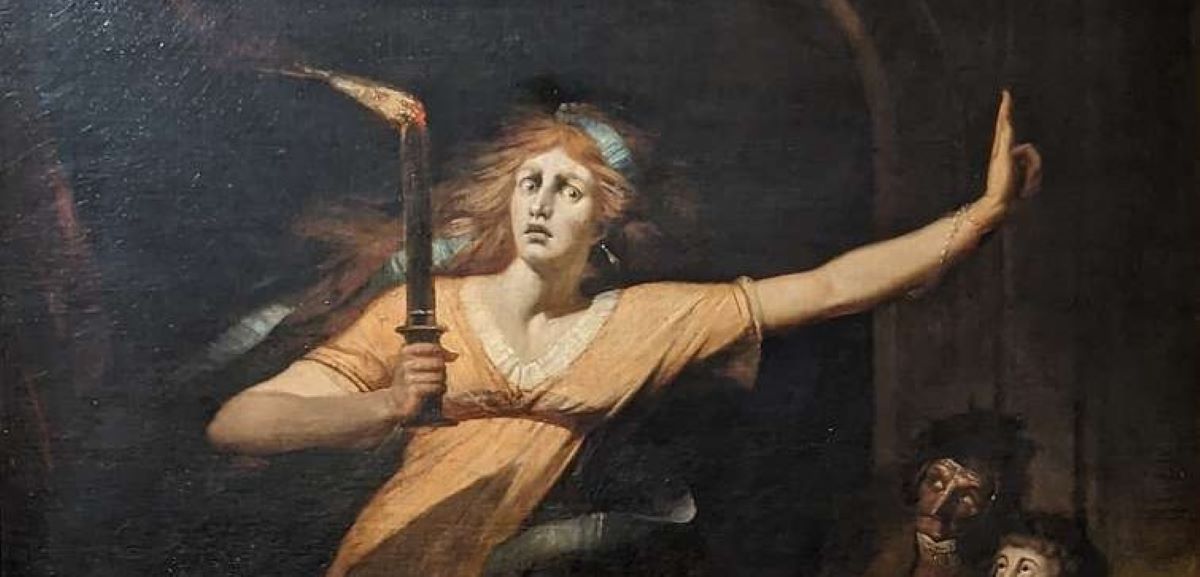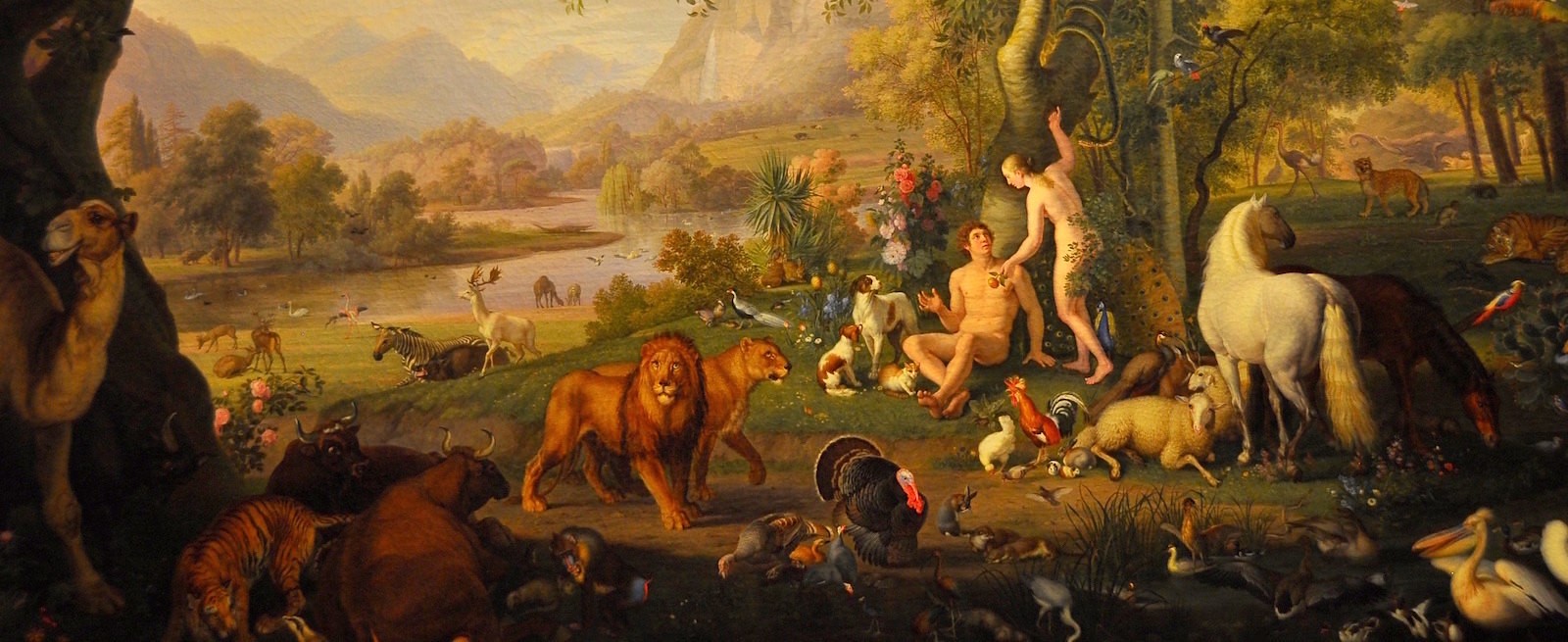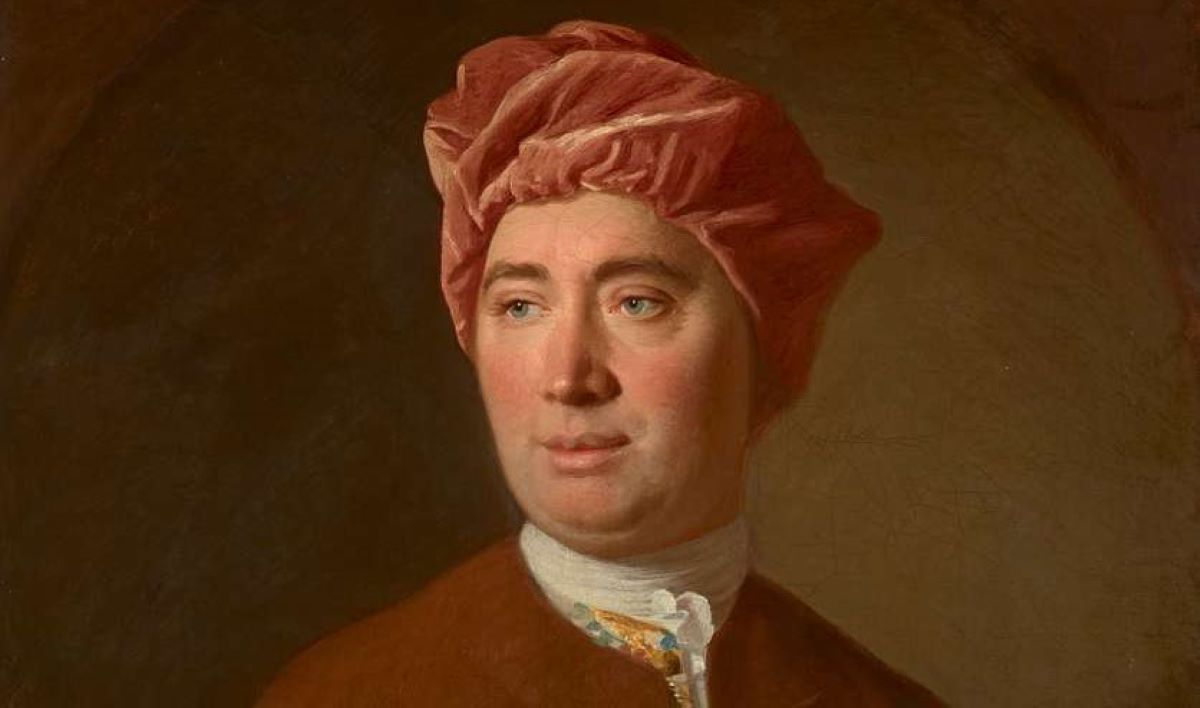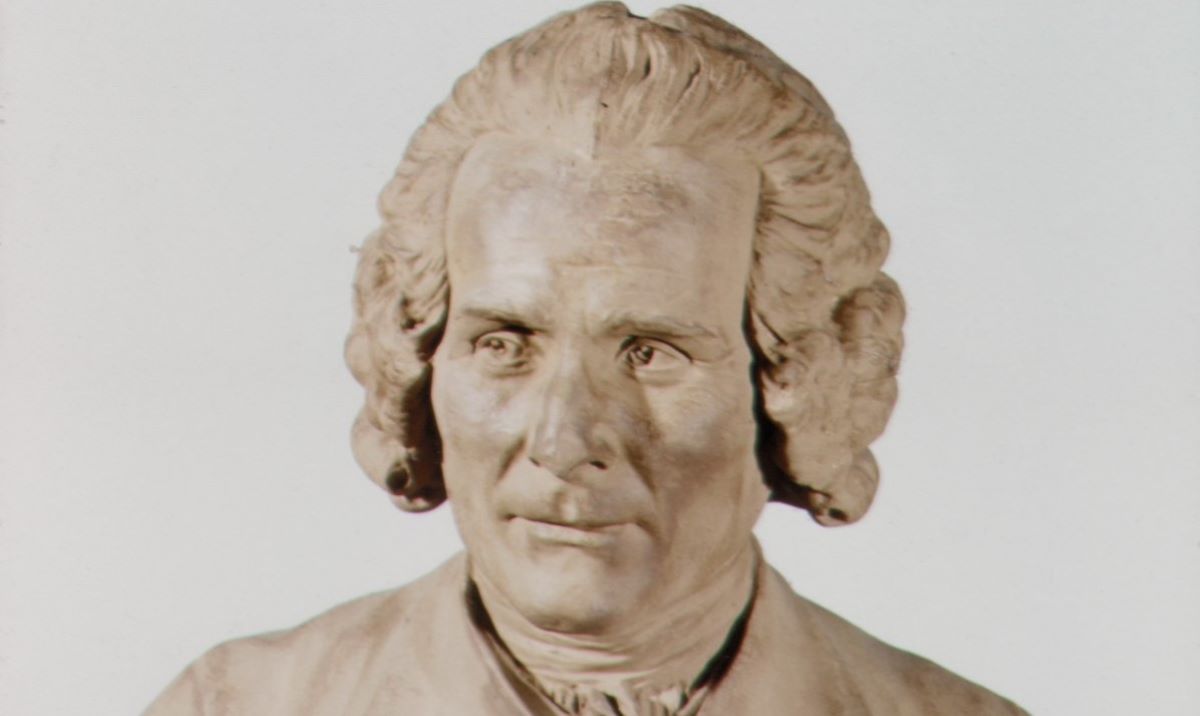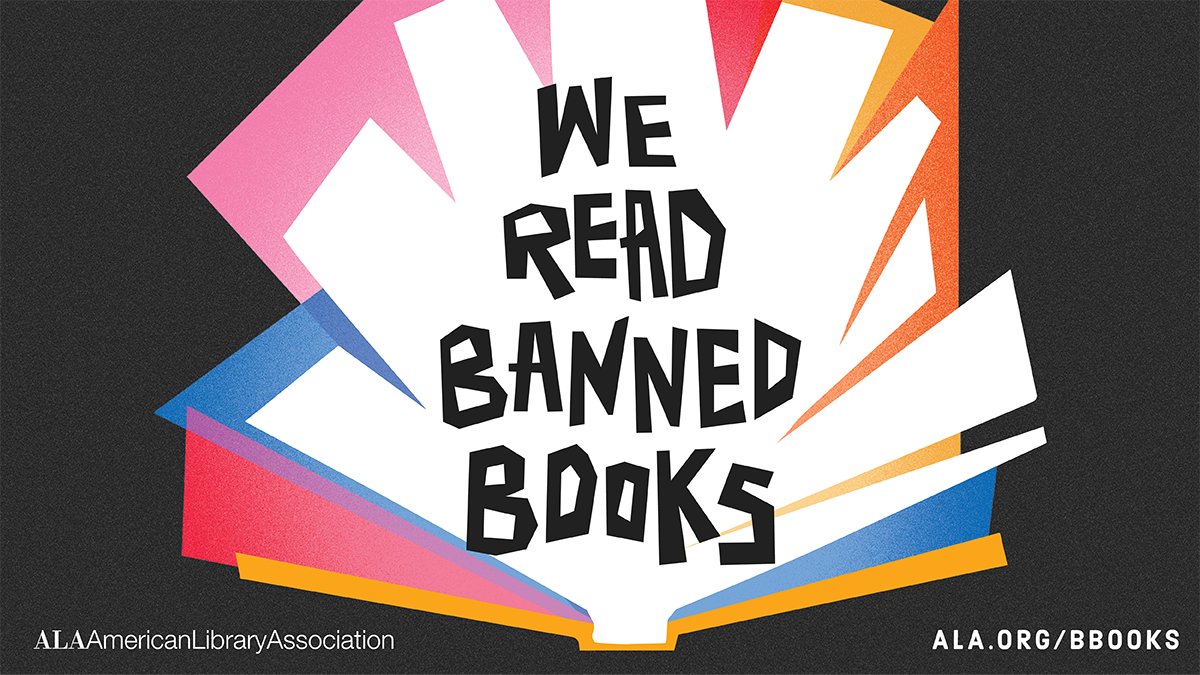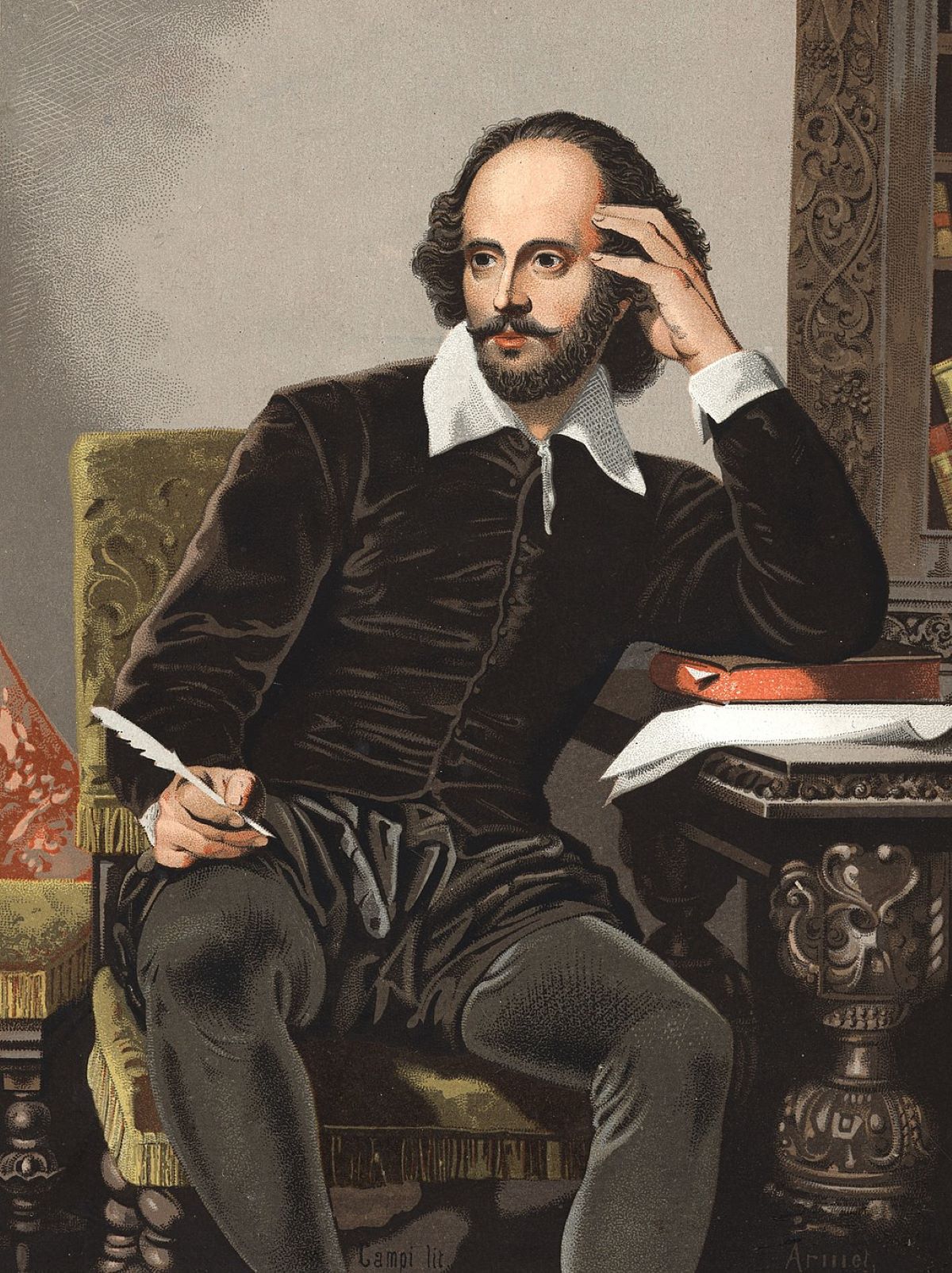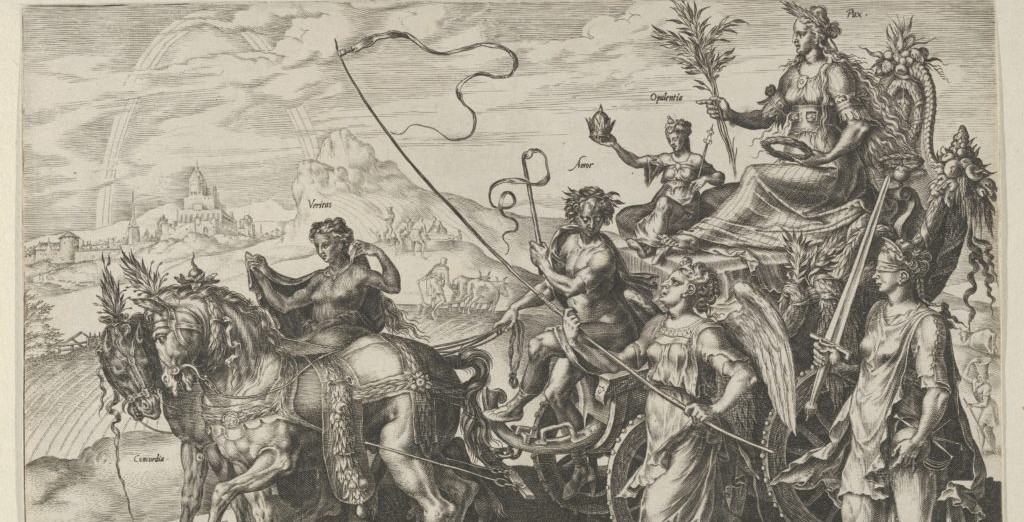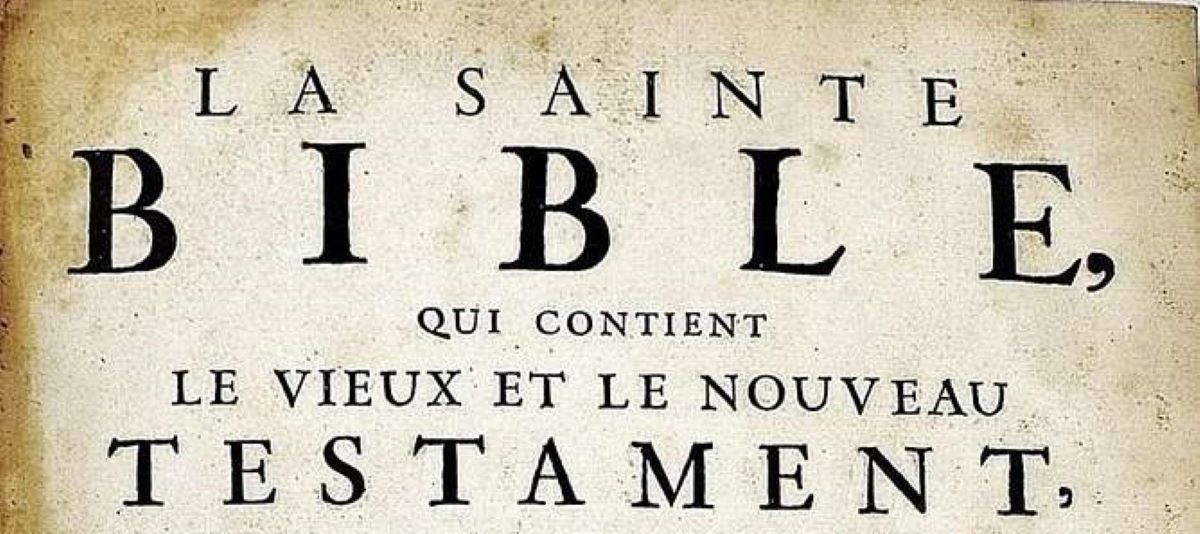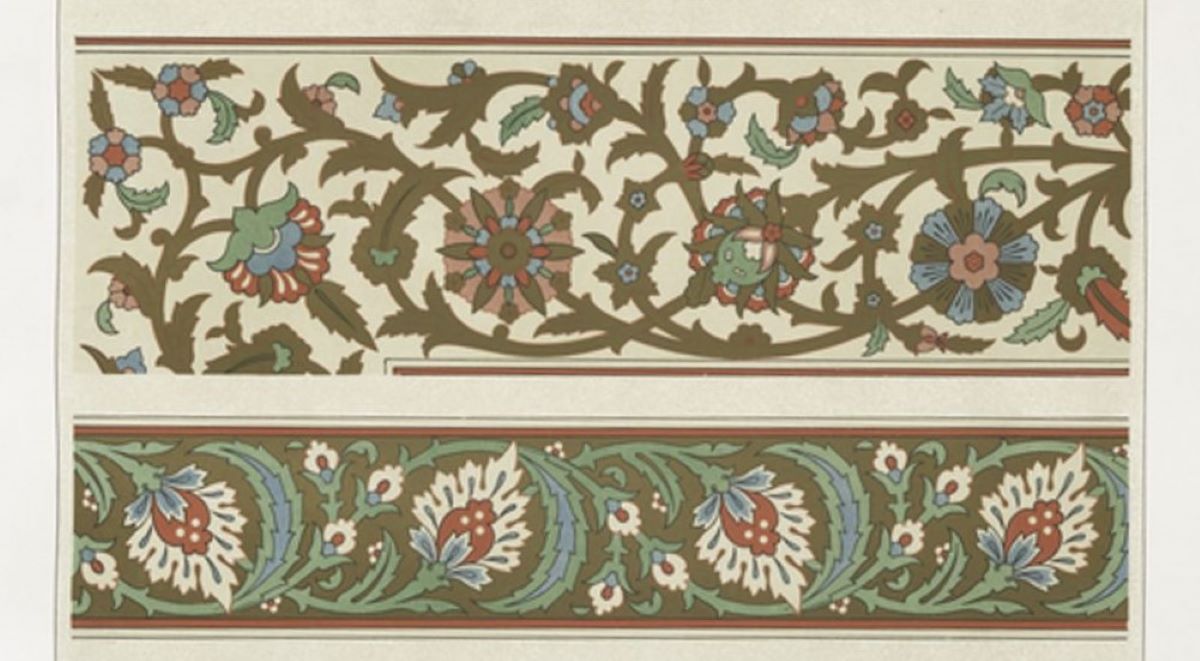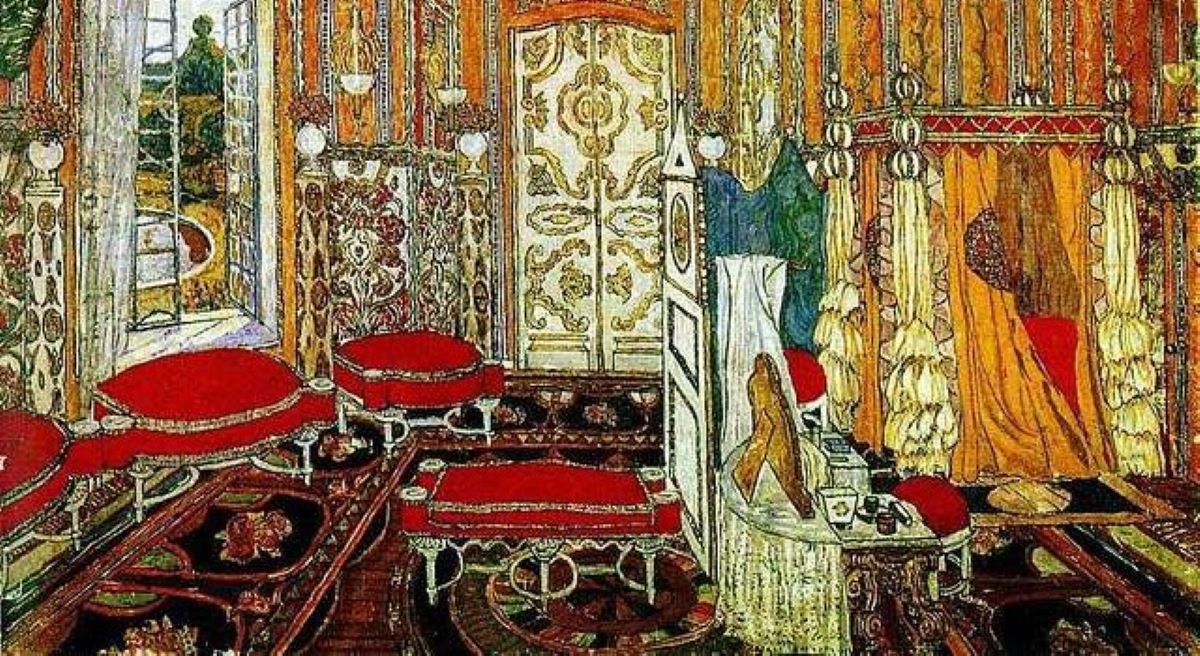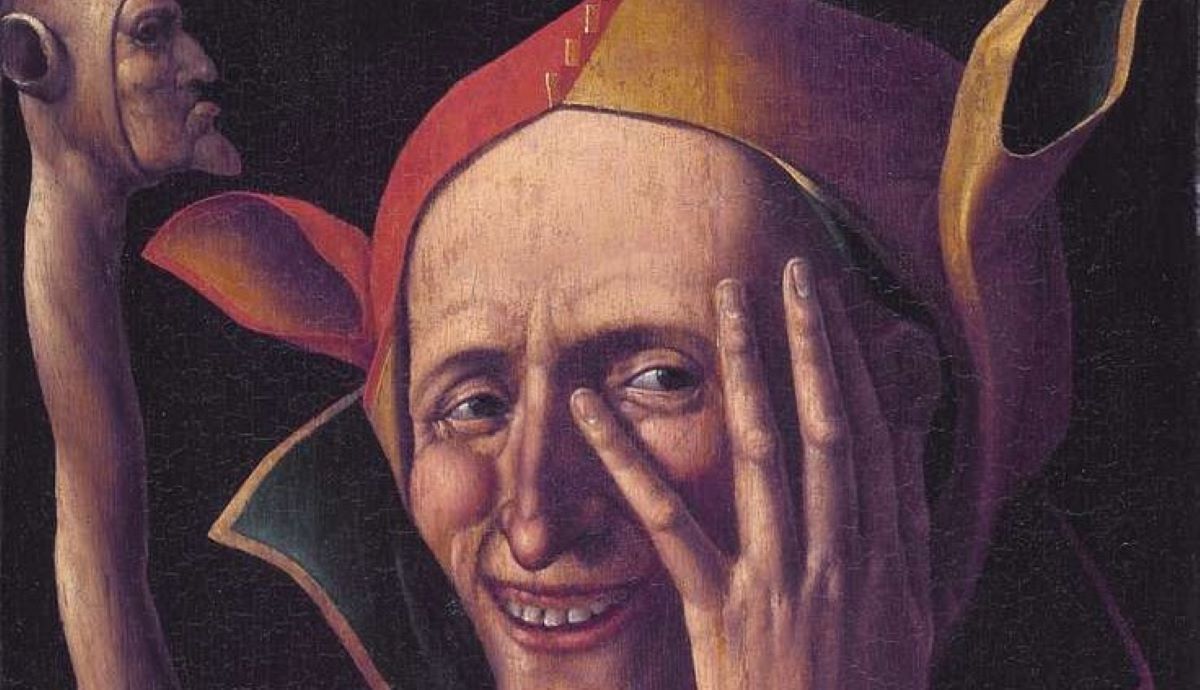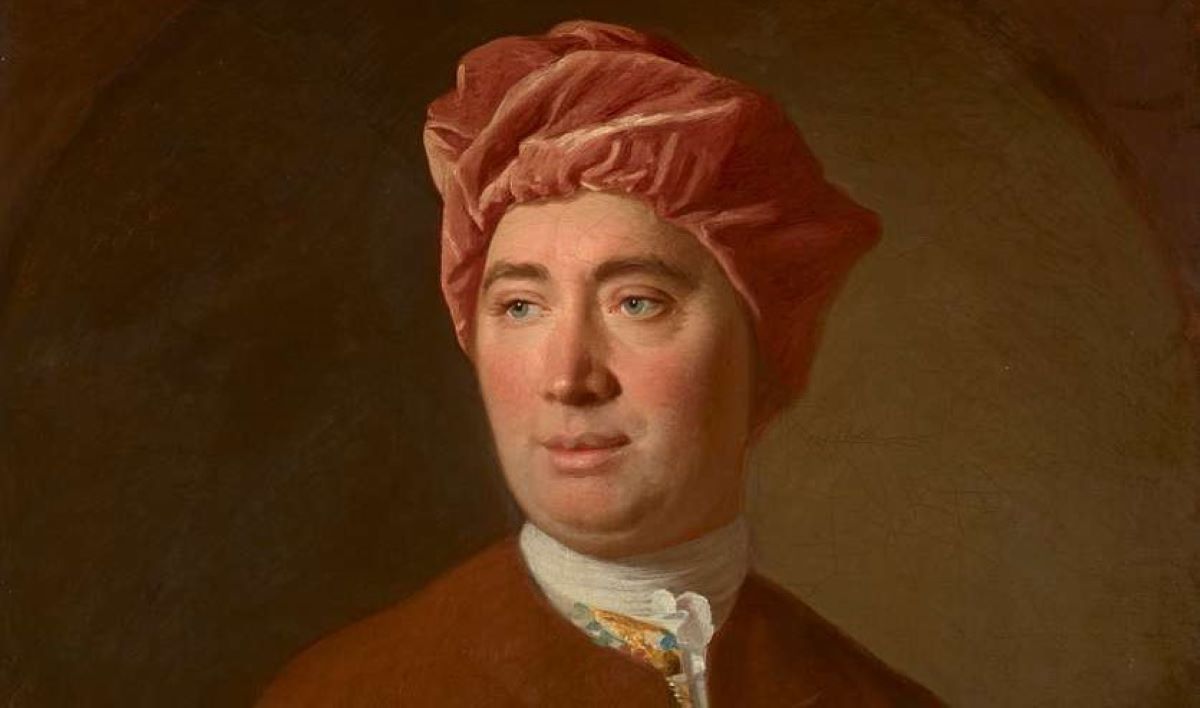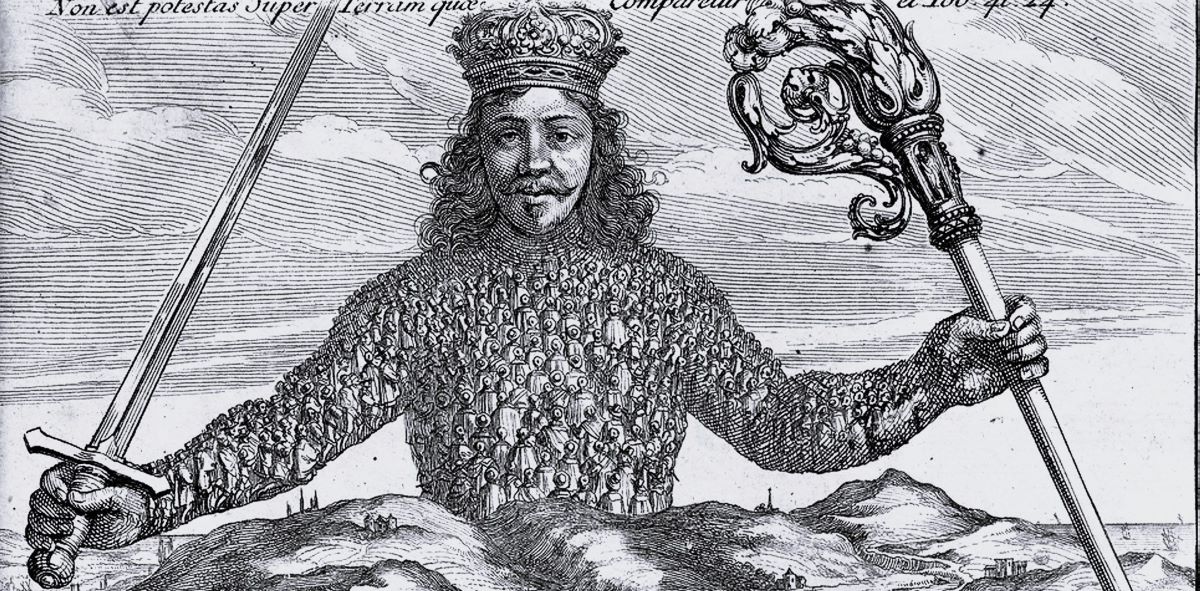Banned Books
About this Collection
Many of the works in the Online Library of Liberty have been banned or censored at various times by governments, established churches, and pubic schools for their content.
This list has been compiled from the following sources:
- Essay on The Long History of Censorship
- See, the Beacon for Freedom of Expression database of banned books where you can search for your favorite author. My search revealed the following:
- 10 books by Hayek and one by Frdric Bastiat were banned by the Communist Government in Poland between 1976 and 1989
- the Dictionnaire de l'conomie politique was put on the “Index Librorum Prohibitorum (Index on Banned Books) by the Catholic Church in 1856.
- The American Library Association: Celebrating the Freedom to Read
- University of Pennsylvania The Online Books Page - Banned Books Online
- Wikipedia List of Banned Books:
- List of books banned by governments
- List of authors and works on the Index Librorum Prohibitorum
- Index of Prohibited Books 1557-1966 (Fordham University)
Key People
Titles & Essays
THE READING ROOM
THE READING ROOM
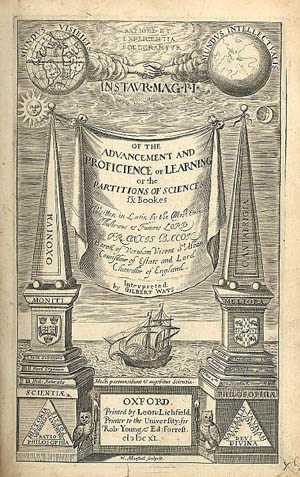

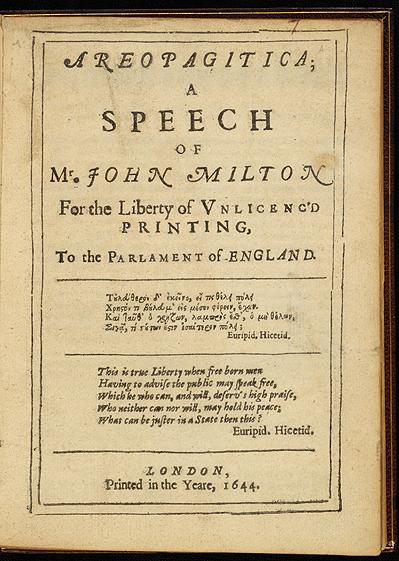
THE READING ROOM
THE READING ROOM
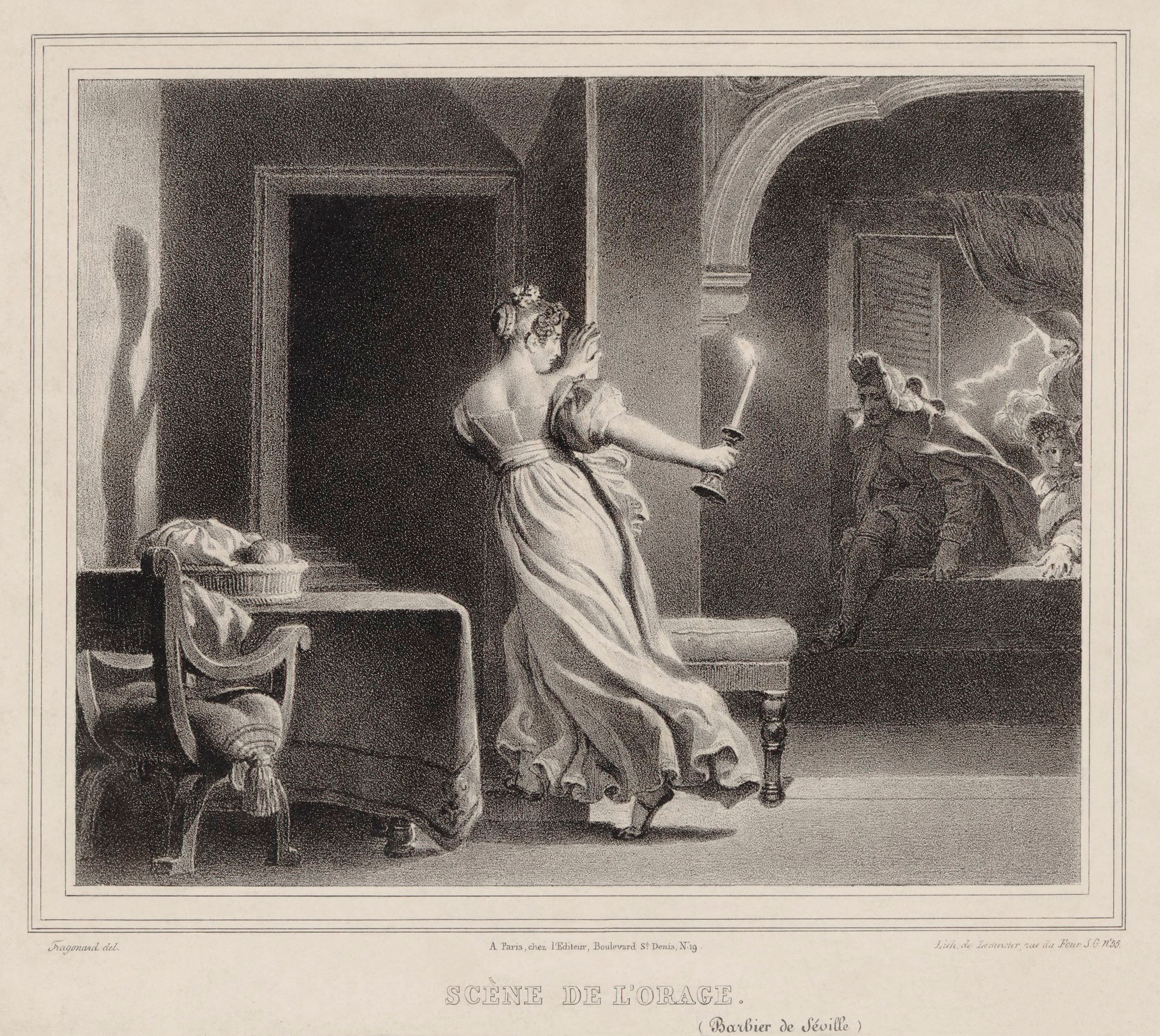
Pierre-Augustin Caron de Beaumarchais (author)
THE READING ROOM
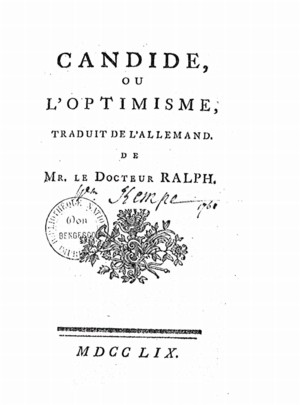
THE READING ROOM
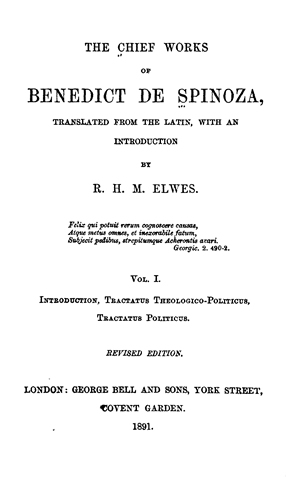
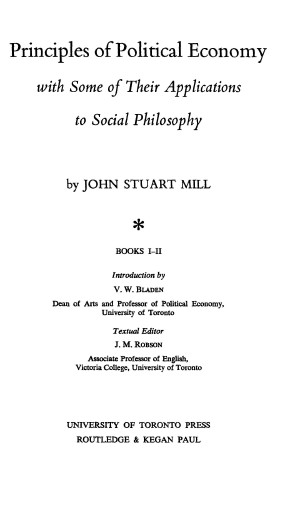
John Stuart Mill (author)

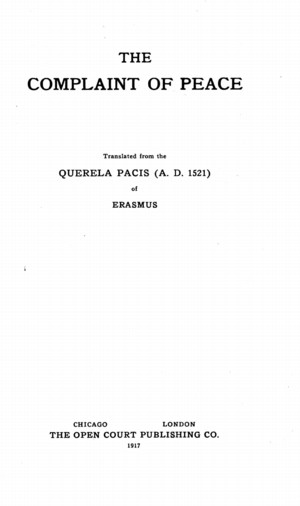
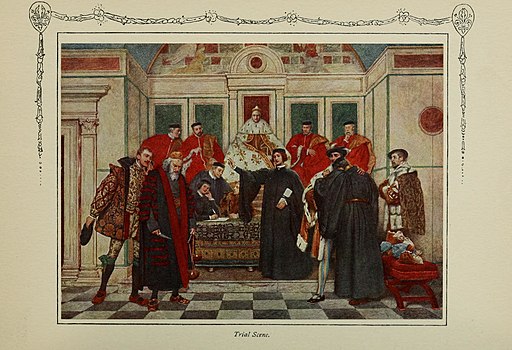
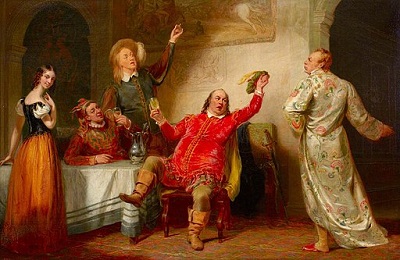
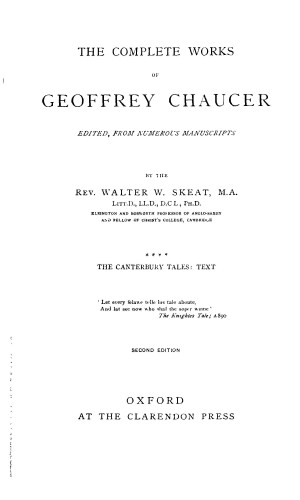
Geoffrey Chaucer (author)
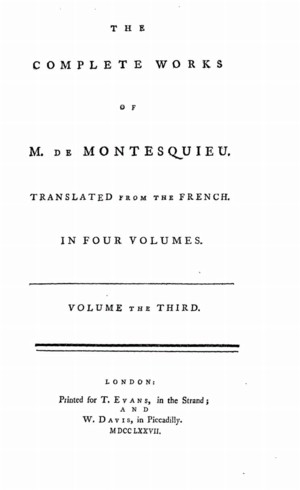
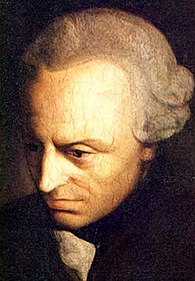
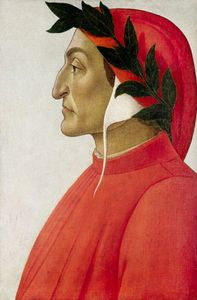
THE READING ROOM
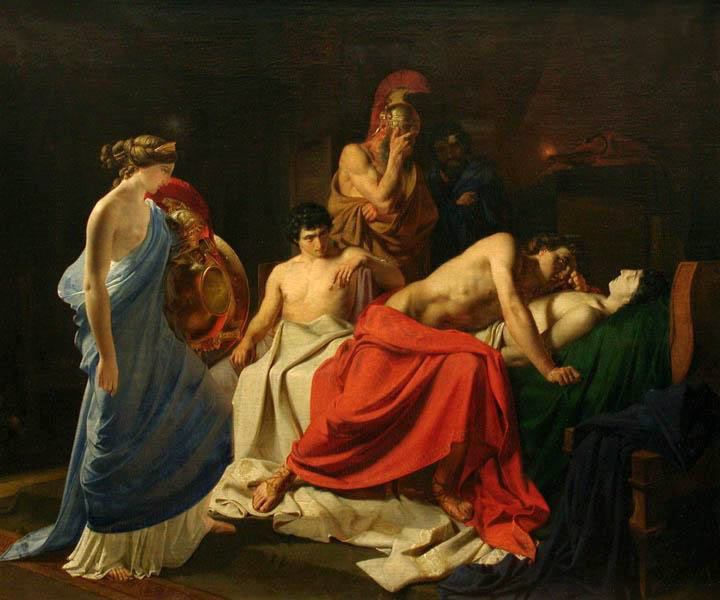
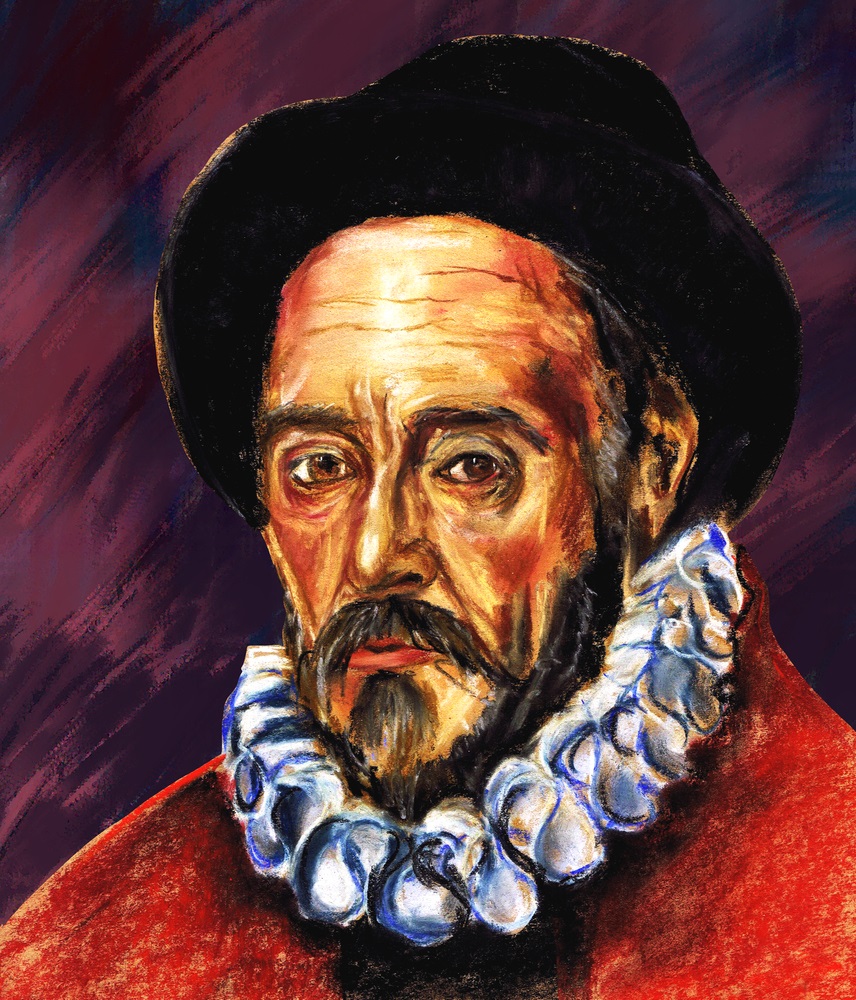
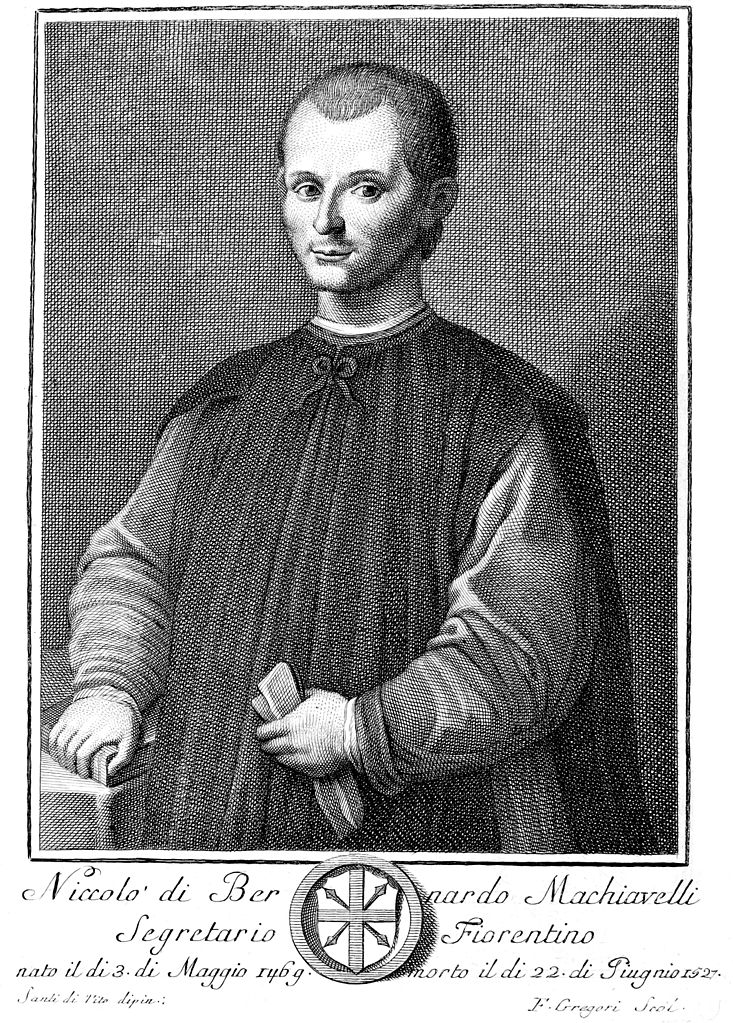
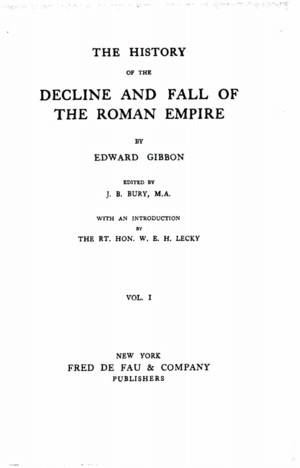
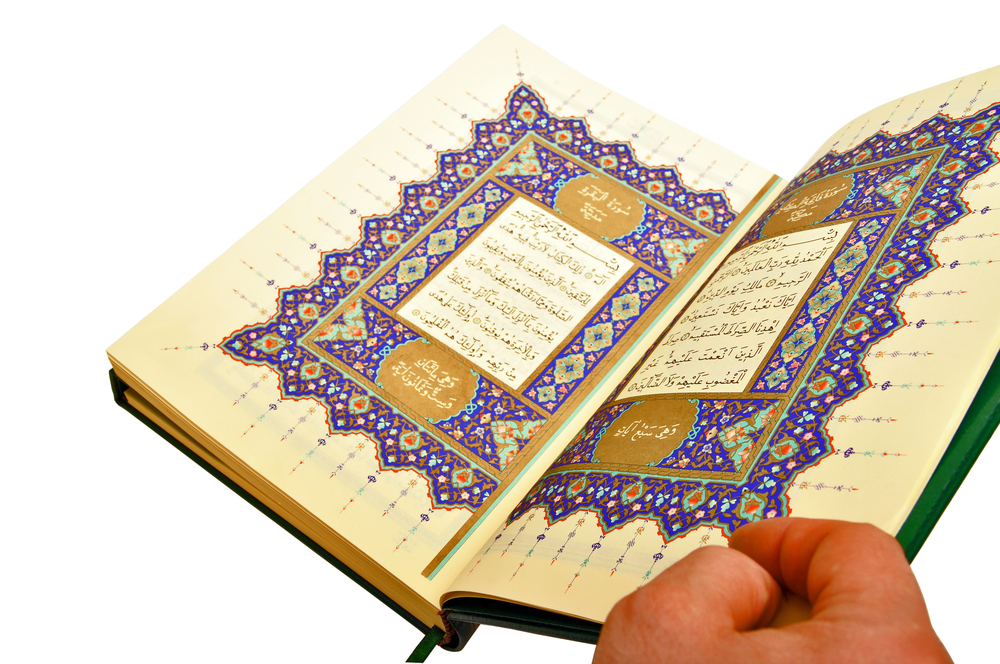
THE READING ROOM
THE READING ROOM
THE READING ROOM
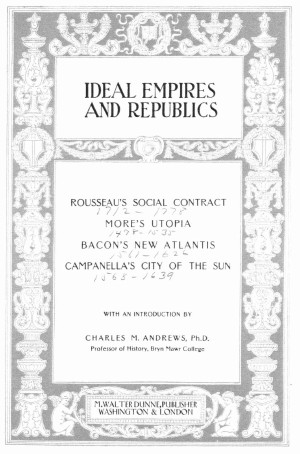
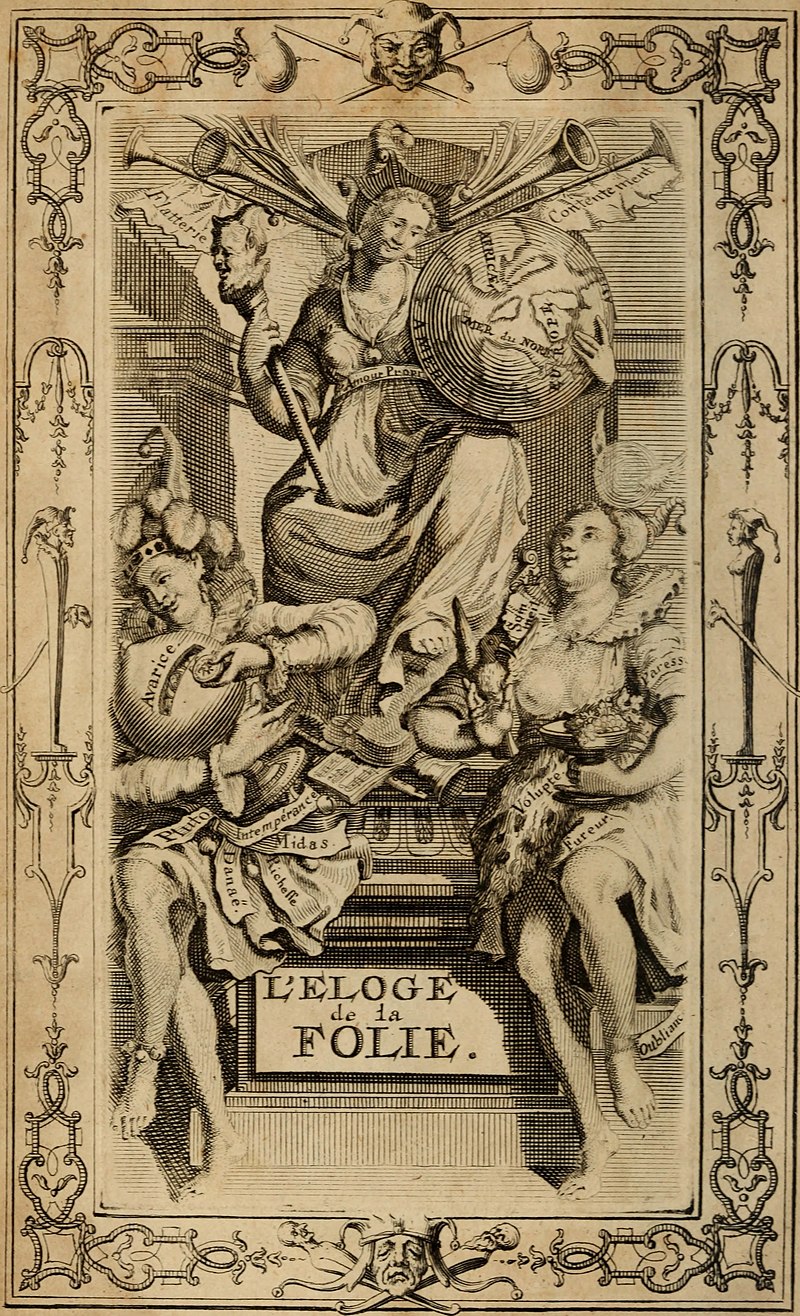
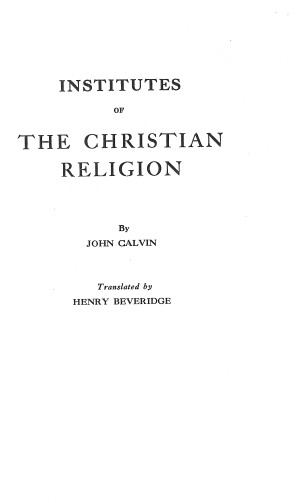
THE READING ROOM
THE READING ROOM
THE READING ROOM
THE READING ROOM
THE READING ROOM
THE READING ROOM
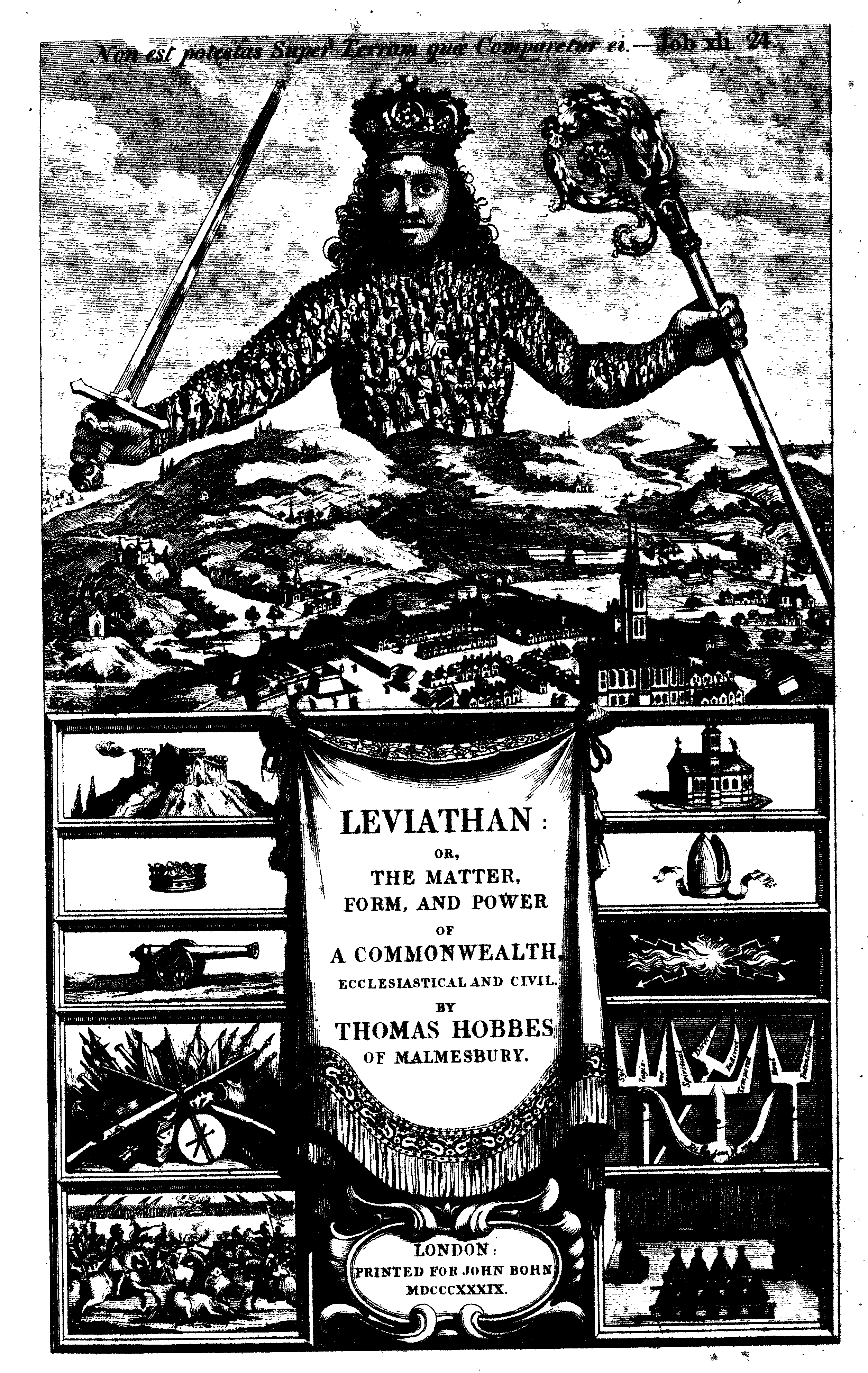
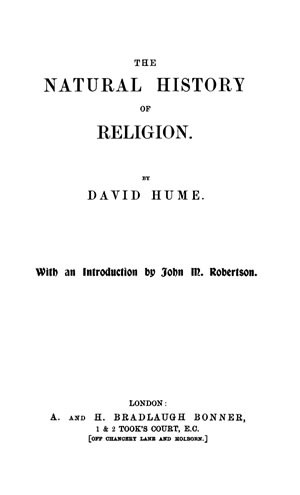
THE READING ROOM
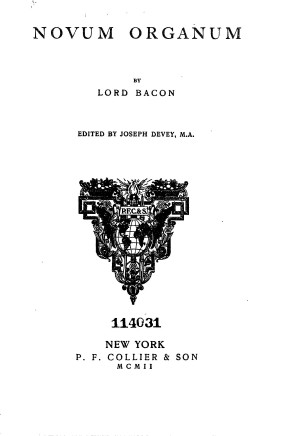
THE READING ROOM
THE READING ROOM
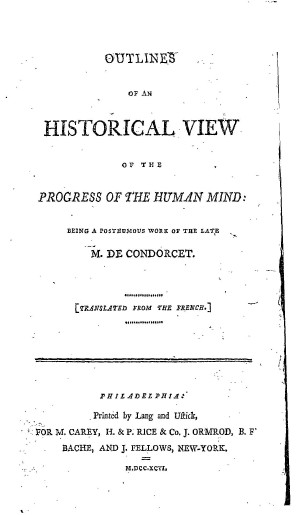
Marie-Jean-Antoine-Nicolas Caritat, Marquis de Condorcet (author)
THE READING ROOM
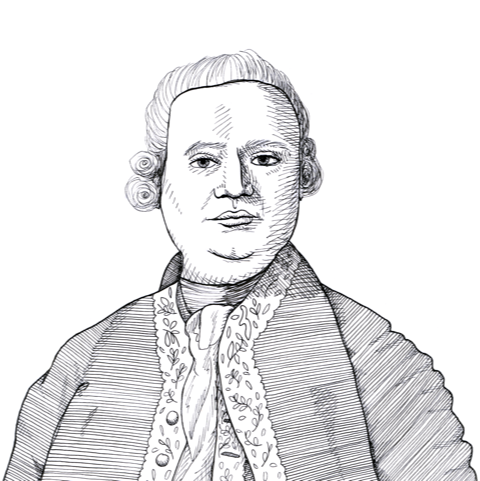
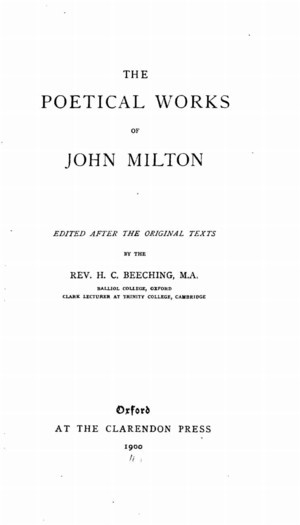
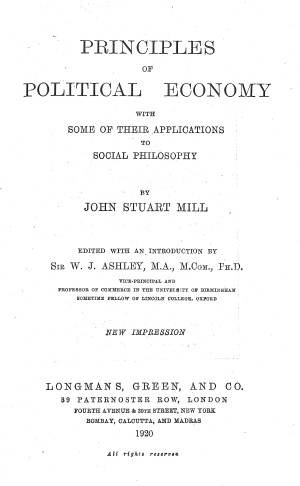
THE READING ROOM
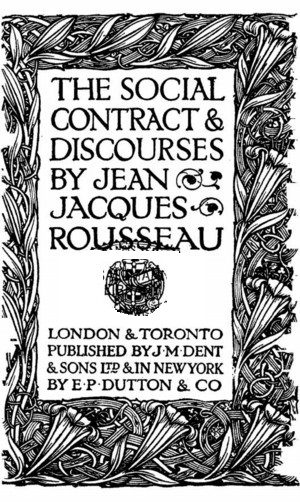
THE READING ROOM
THE READING ROOM
THE READING ROOM
THE READING ROOM
THE READING ROOM
THE READING ROOM
THE READING ROOM
THE READING ROOM
THE READING ROOM
THE READING ROOM
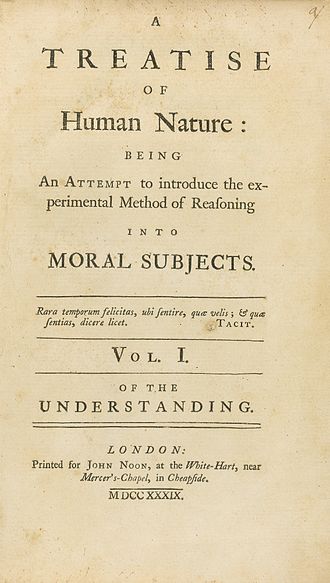
THE READING ROOM
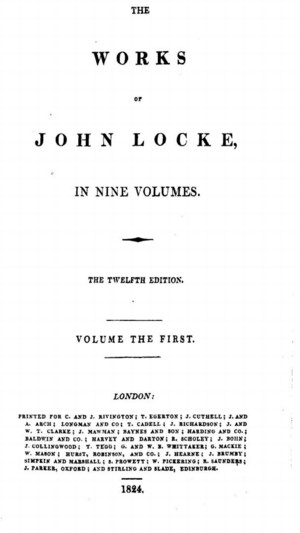
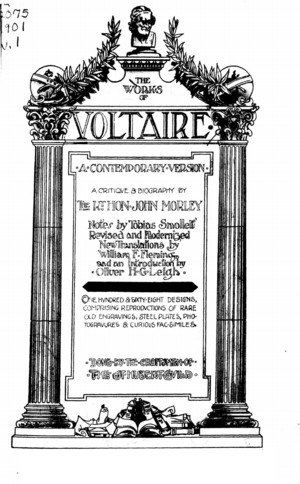
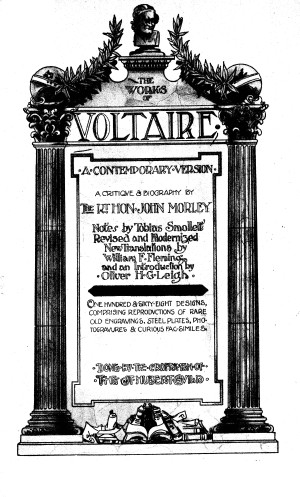
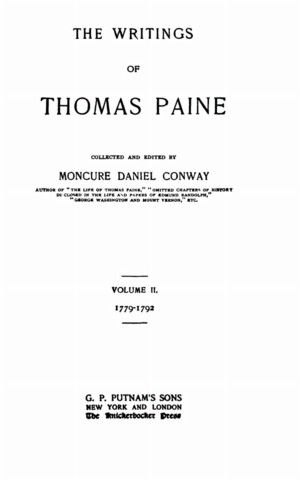
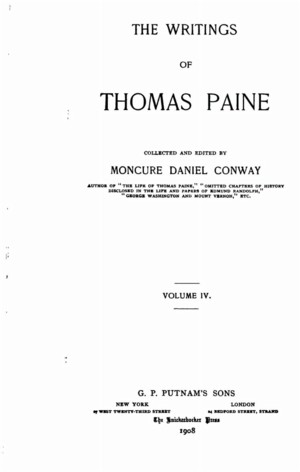
Quotes
Philosophy
Thomas Hobbes sings a hymn of praise for Reason as “the pace”, scientific knowledge is “the way”, and the benefit of mankind is “the end” (1651)
Literature & Music
Voltaire in Candide says that “tending one’s own garden” is not only a private activity but also productive (1759)
Philosophy
Voltaire lampooned the excessively optimistic Leibnitzian philosophers in his philosophic tale Candide by exposing his characters to one disaster after another, like a tsunami in Lisbon, to show that this was not “the best of all possible worlds”


